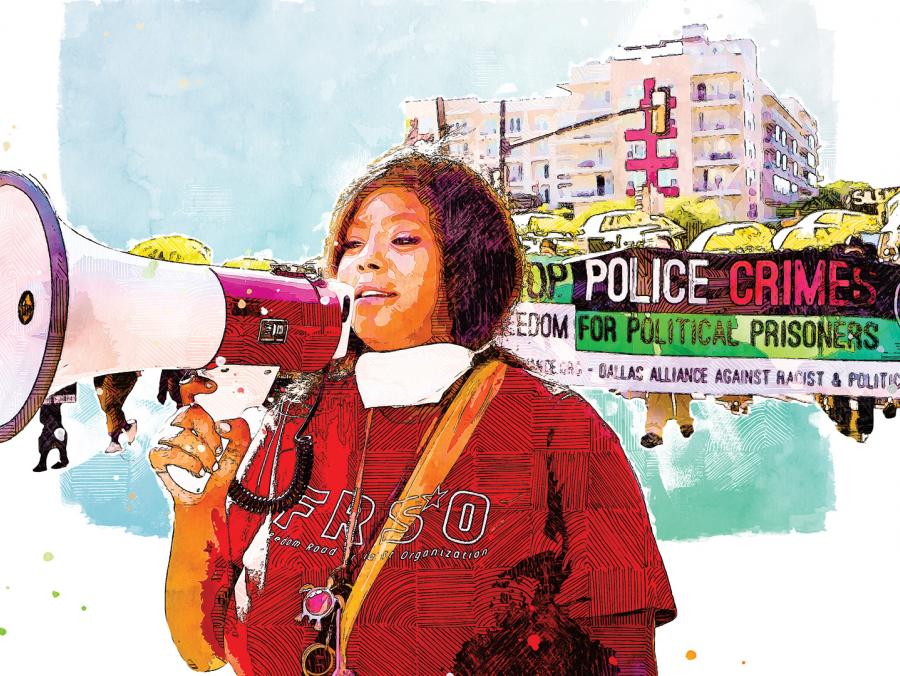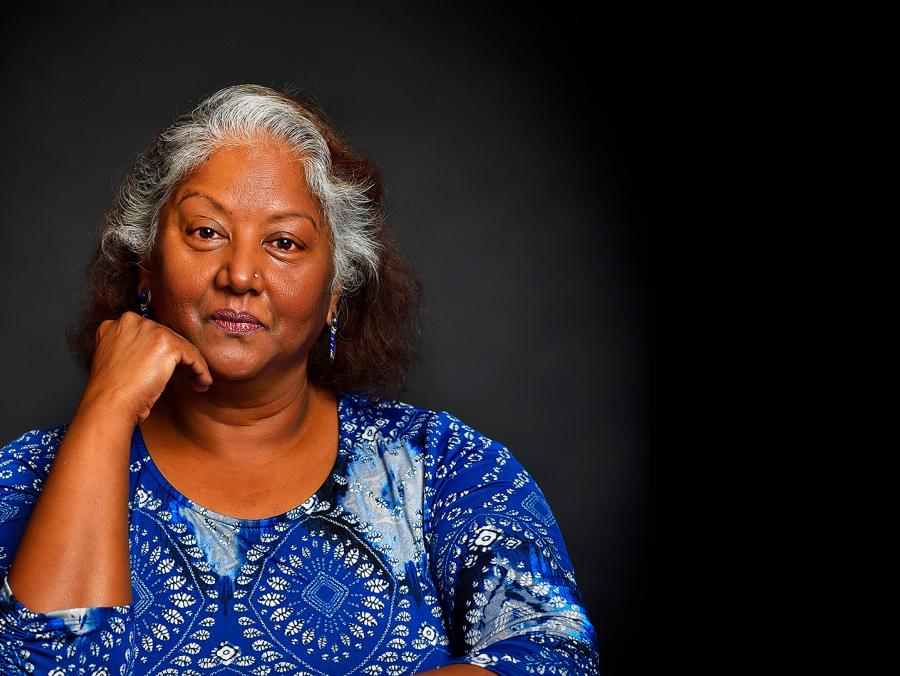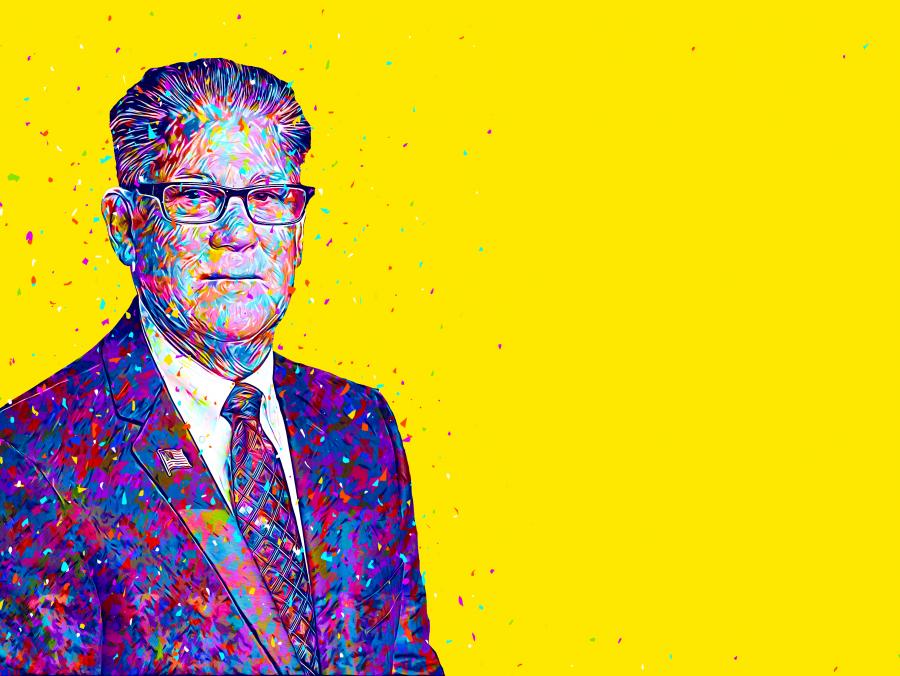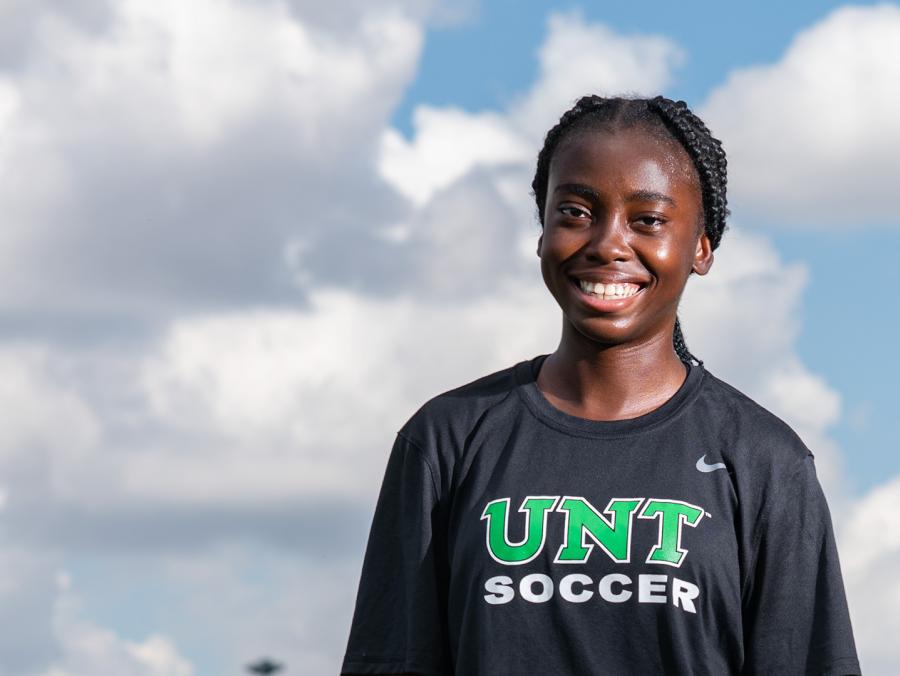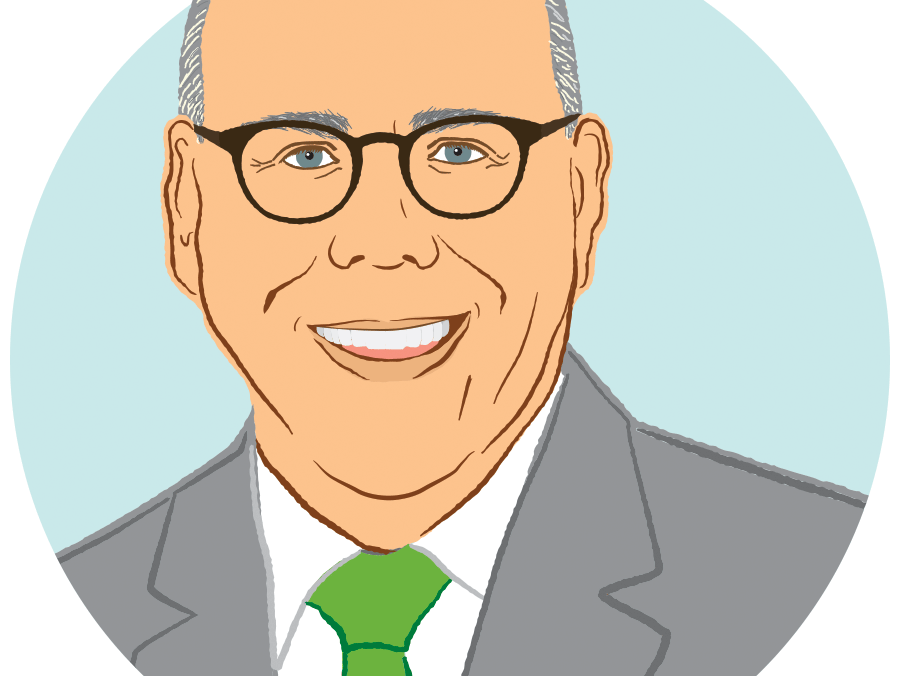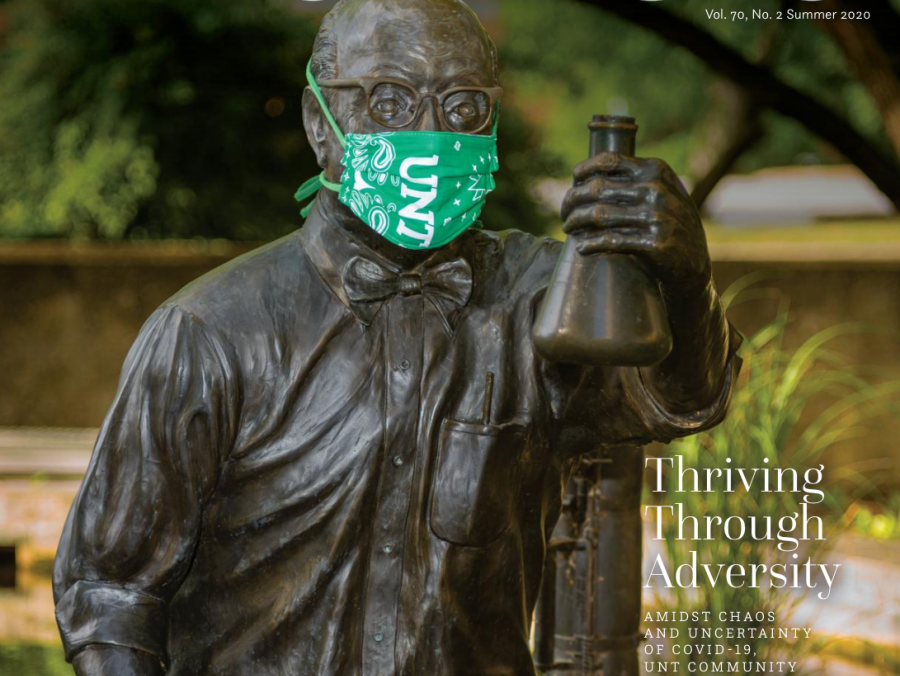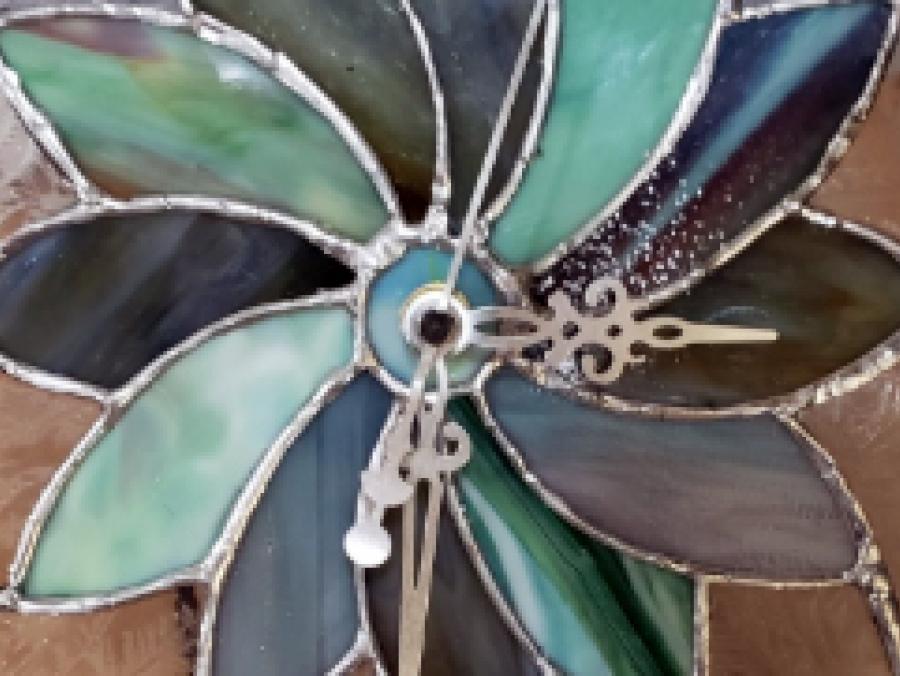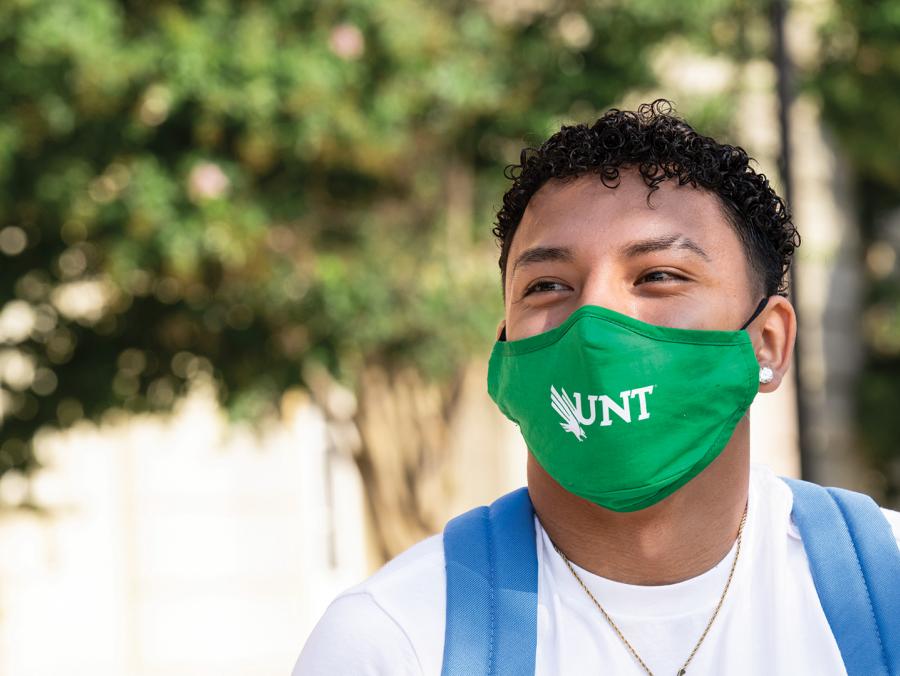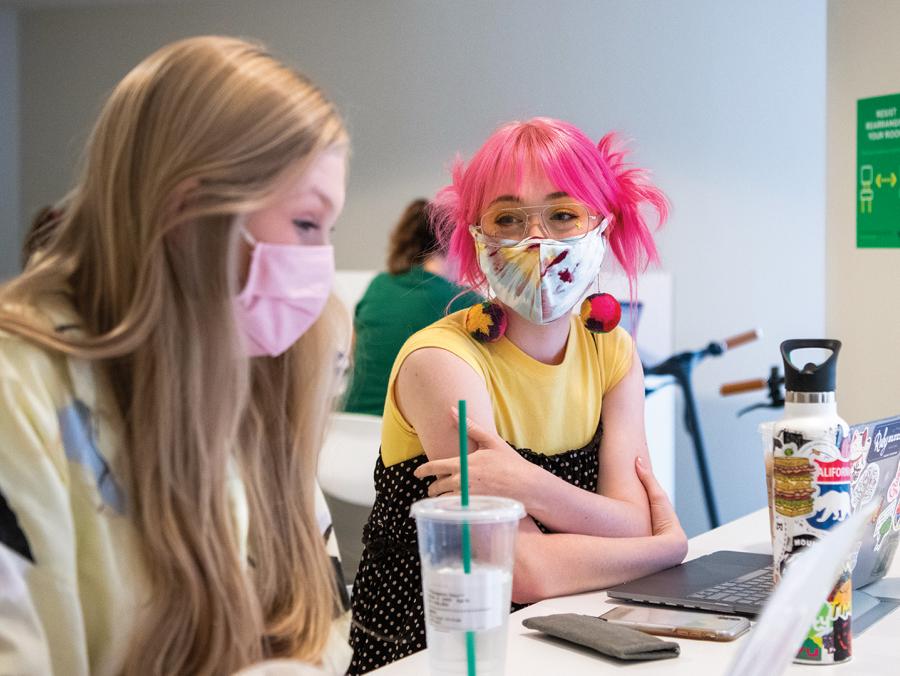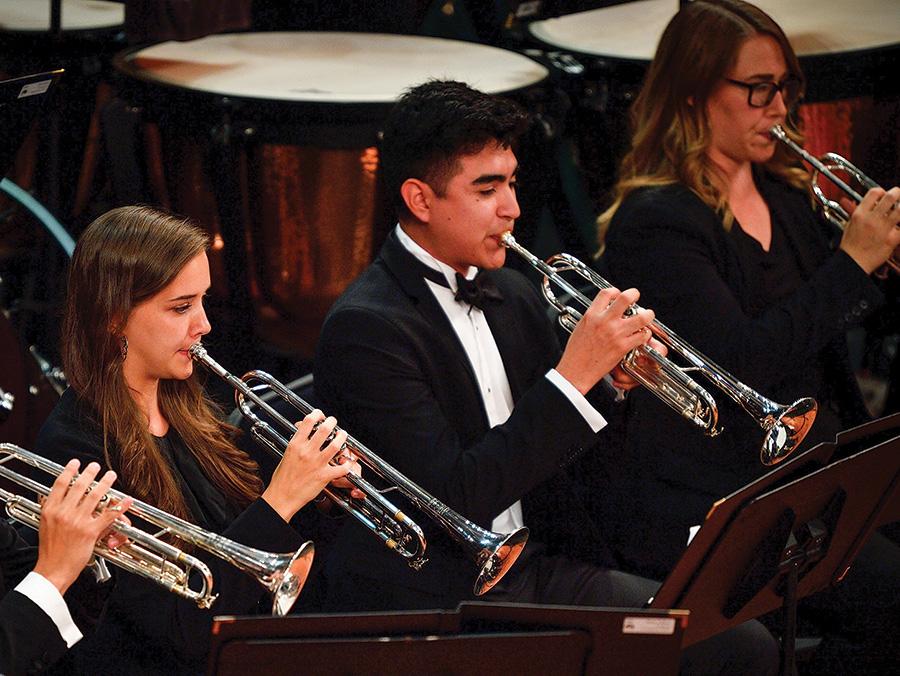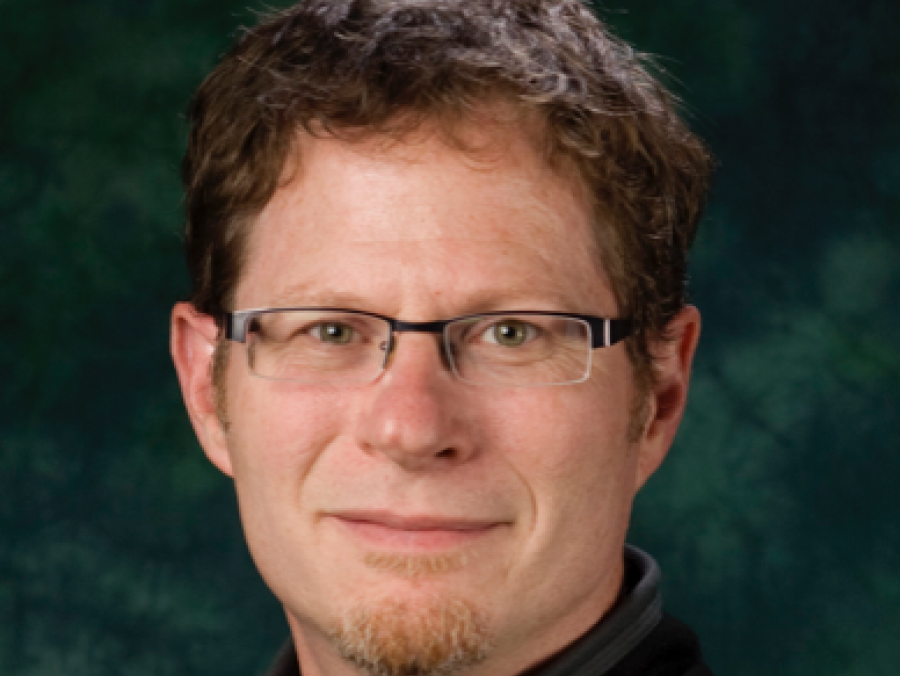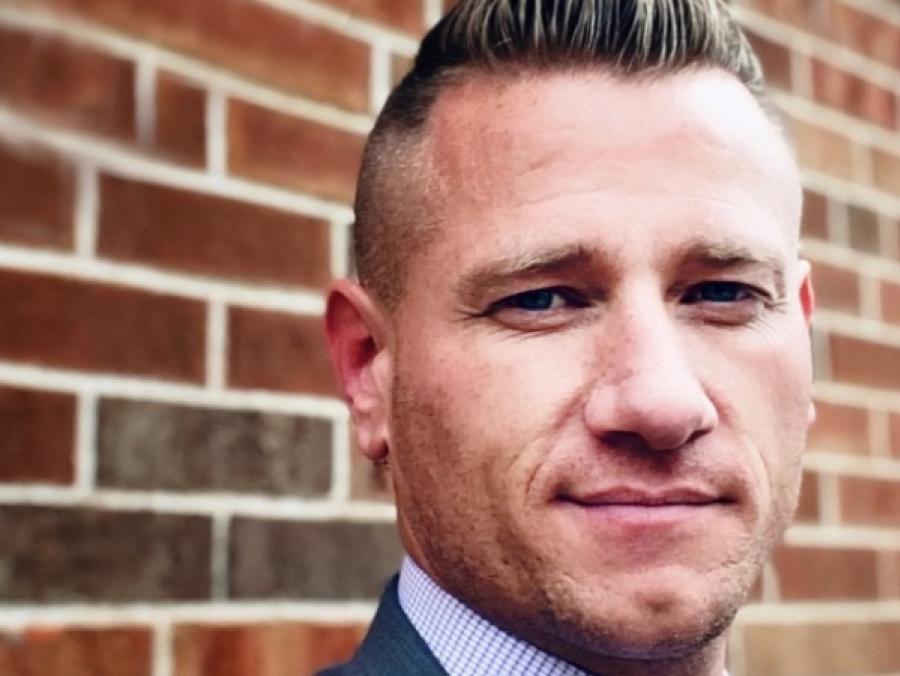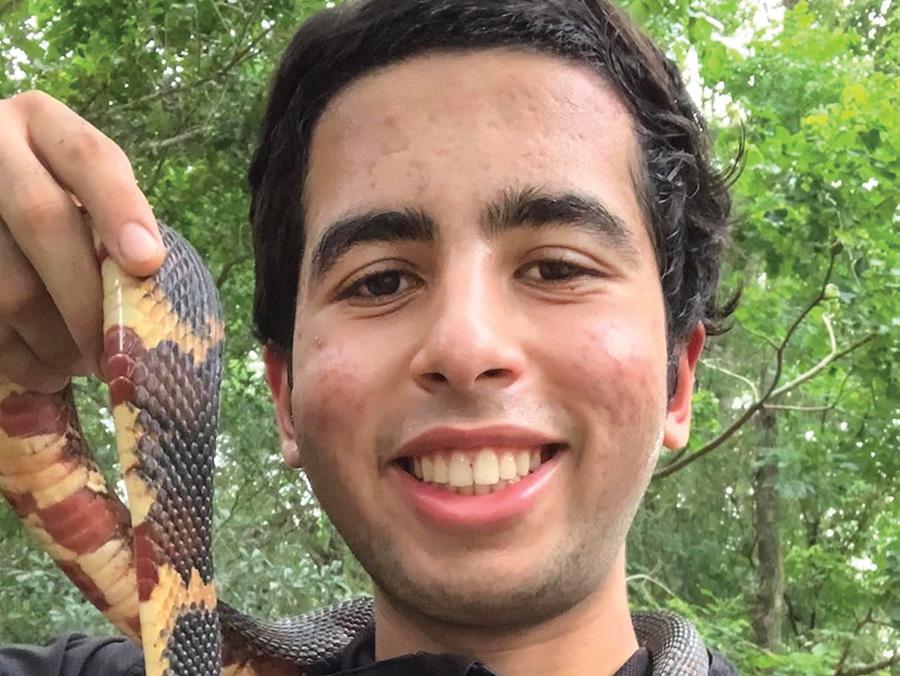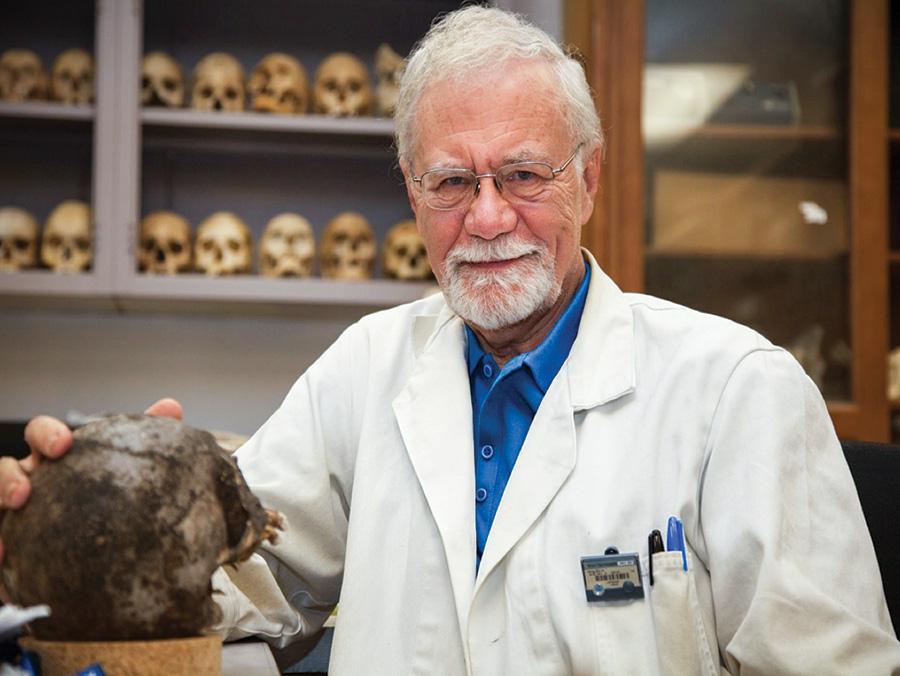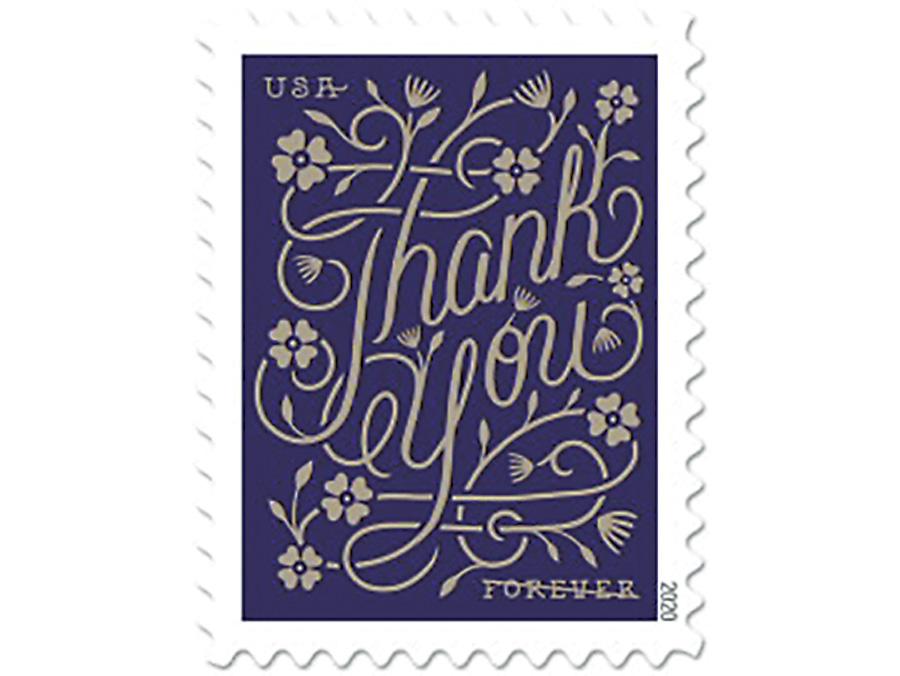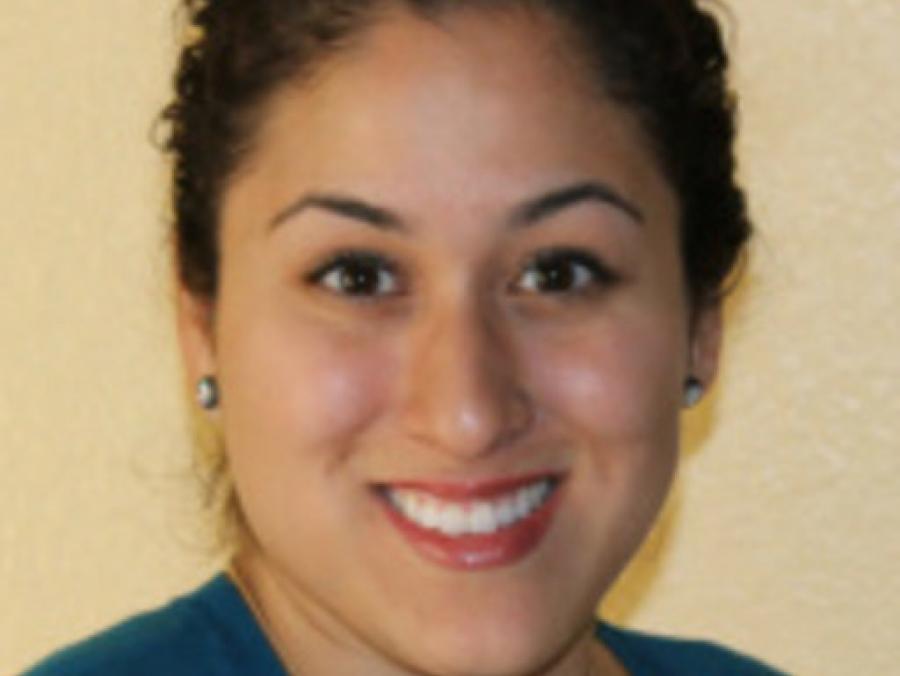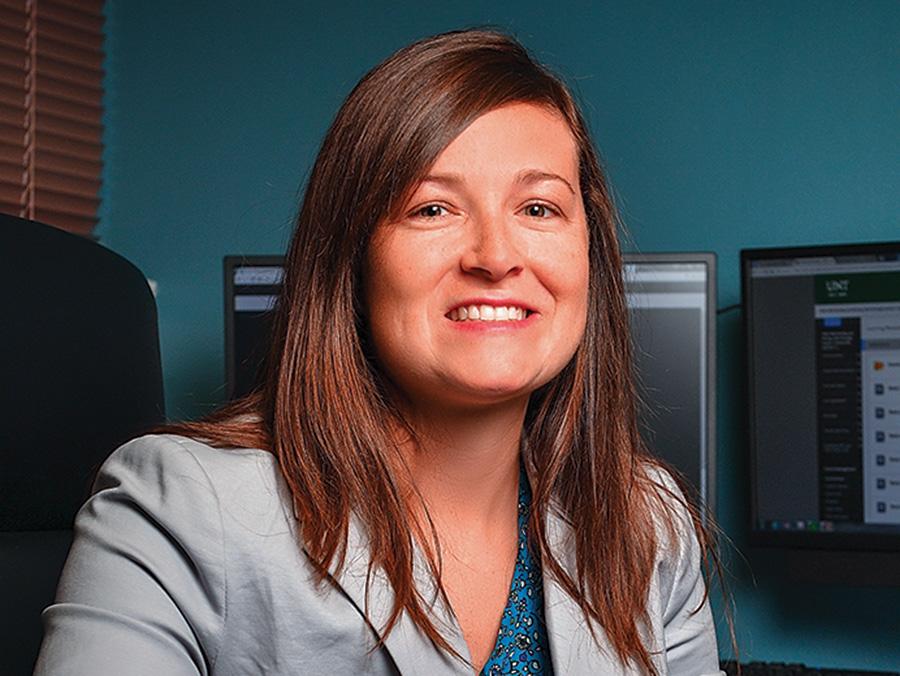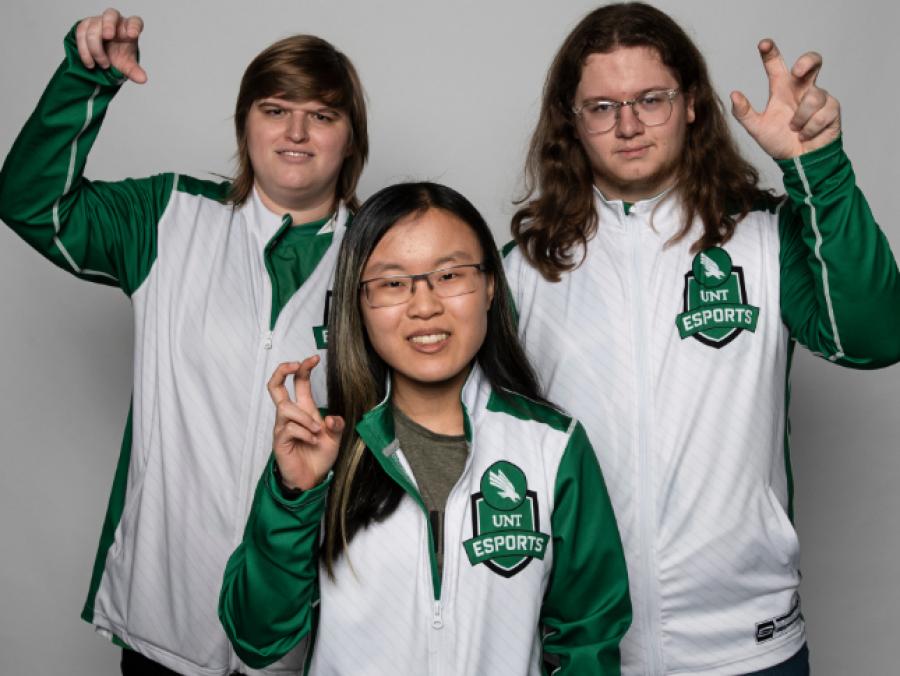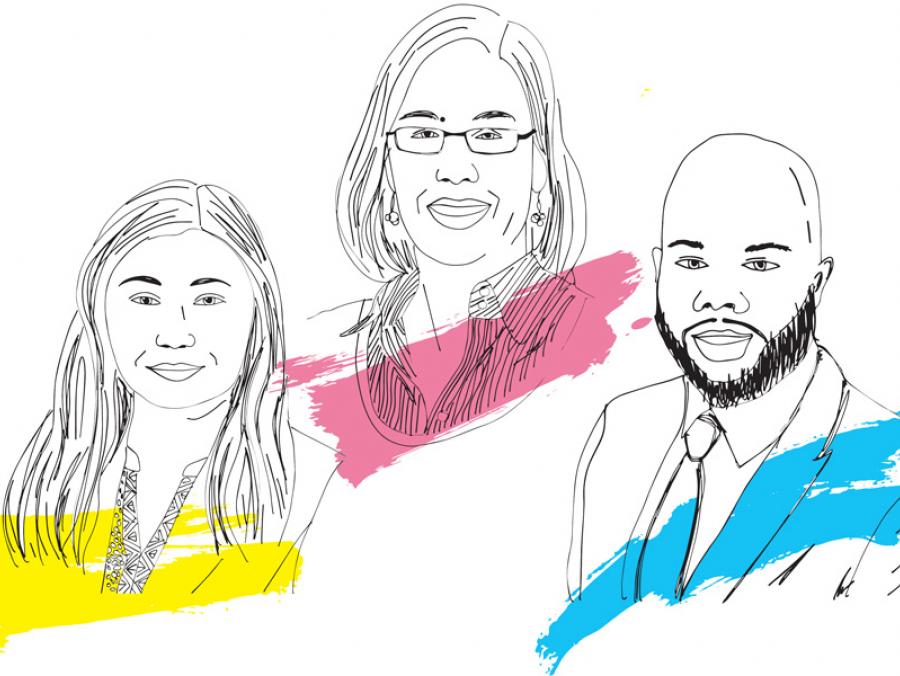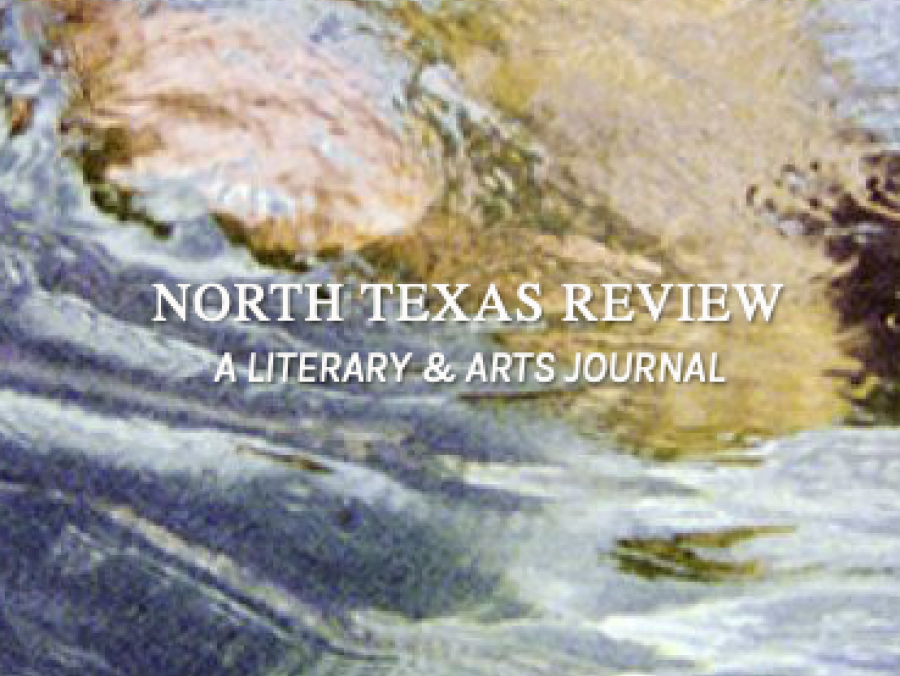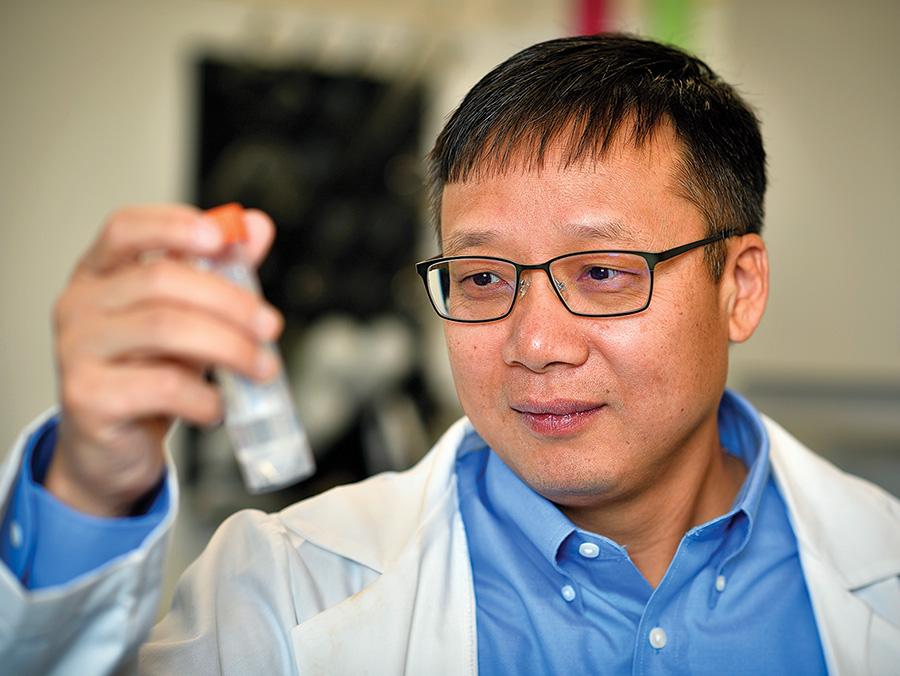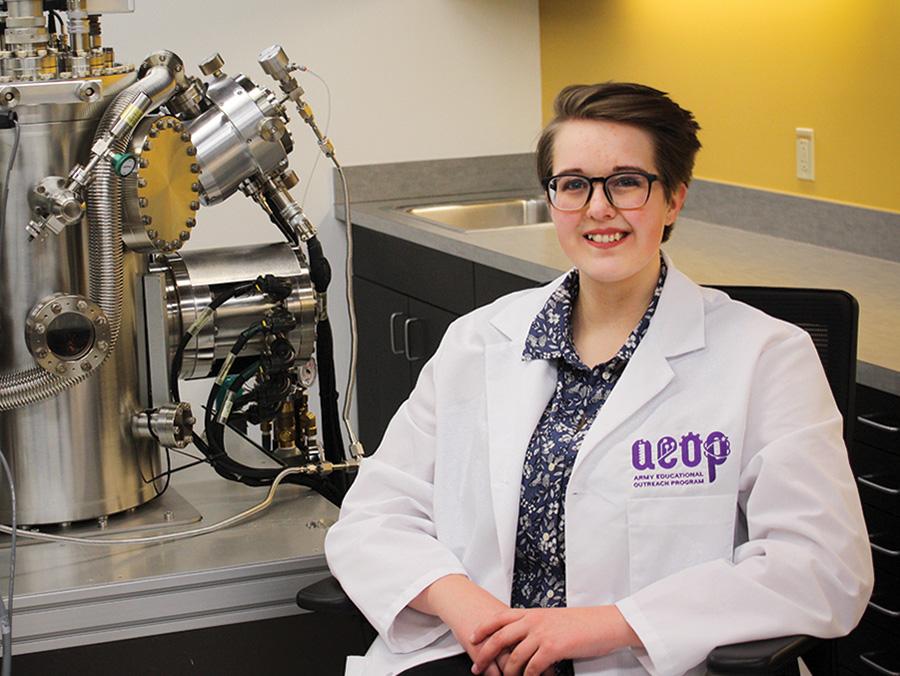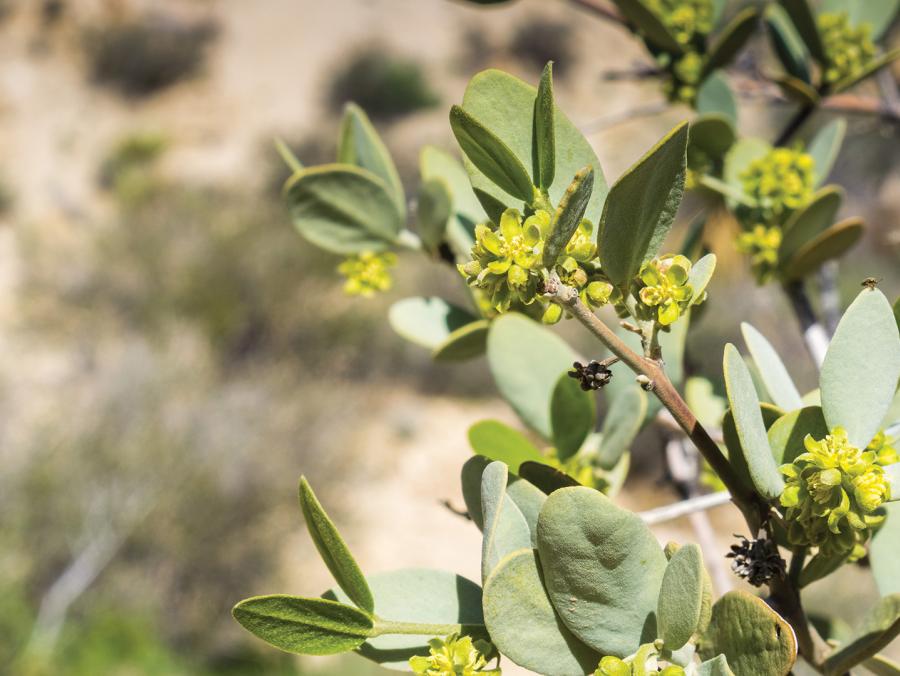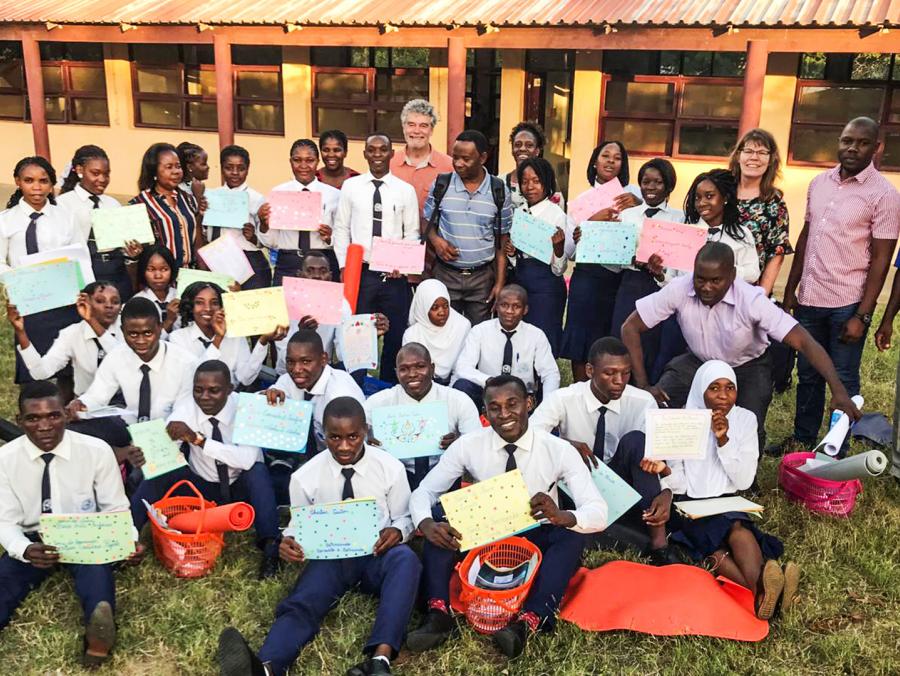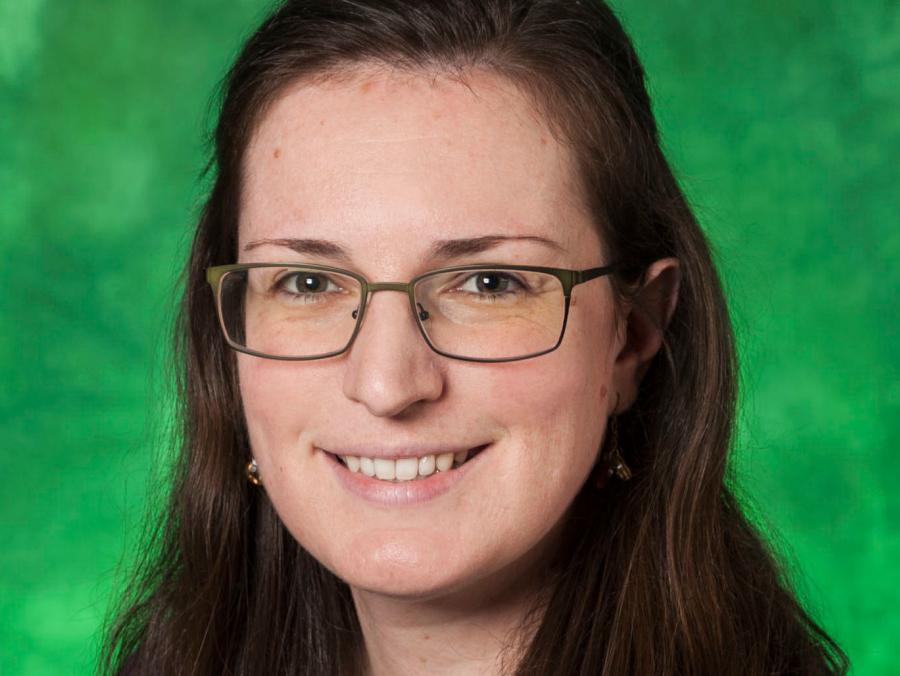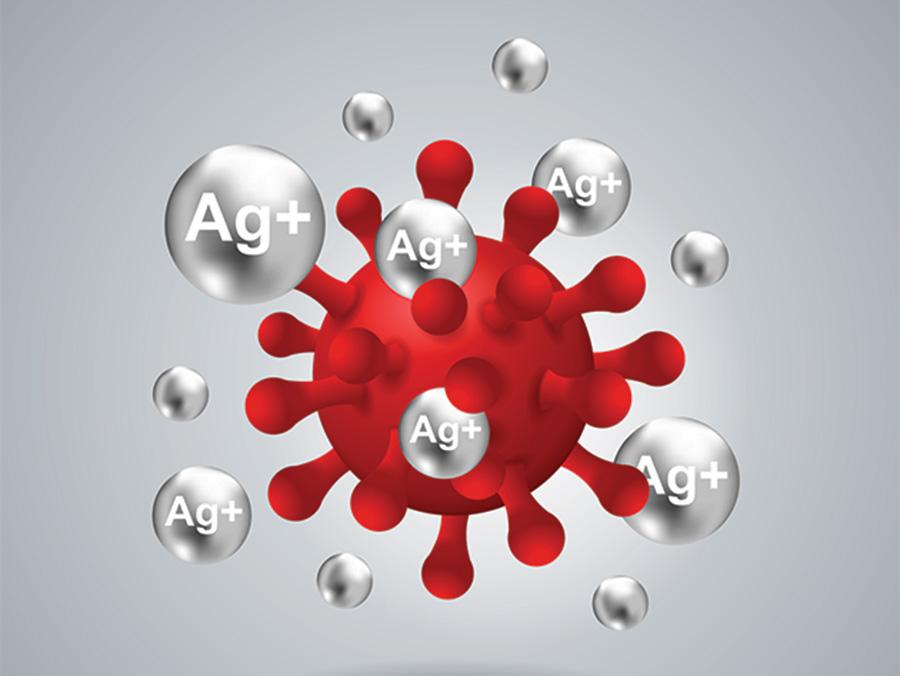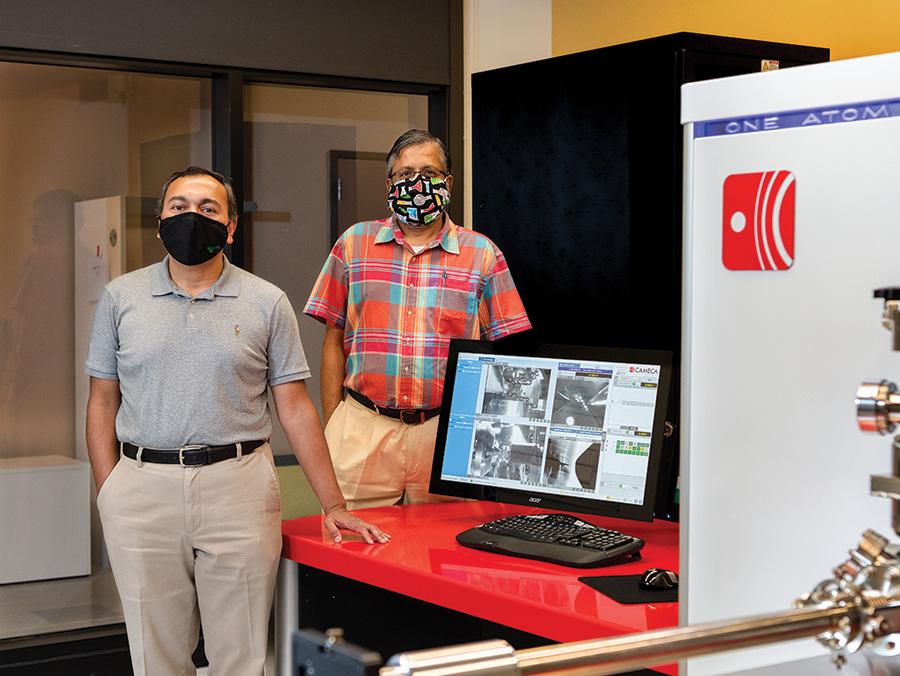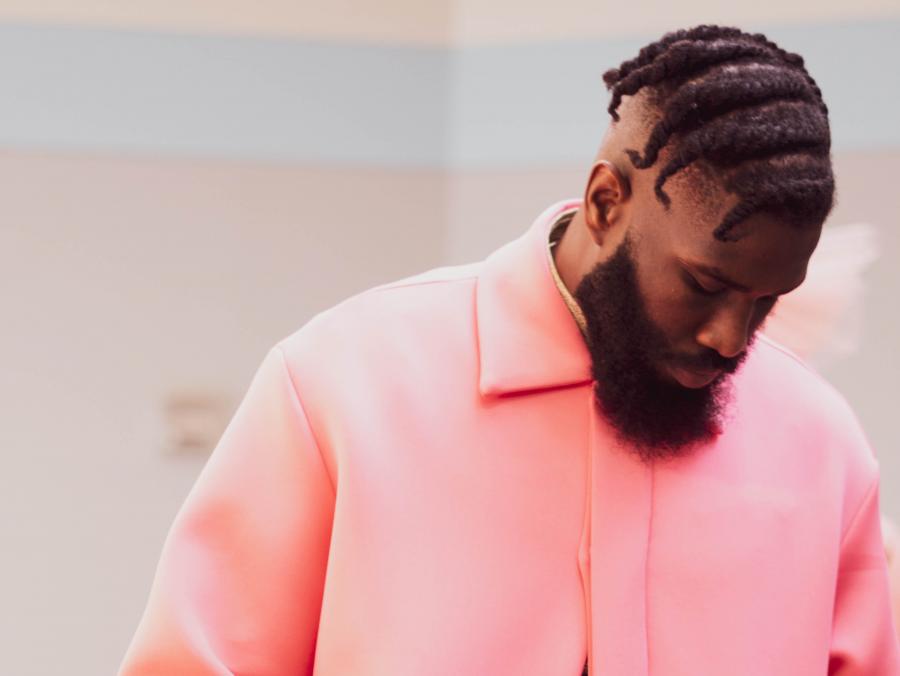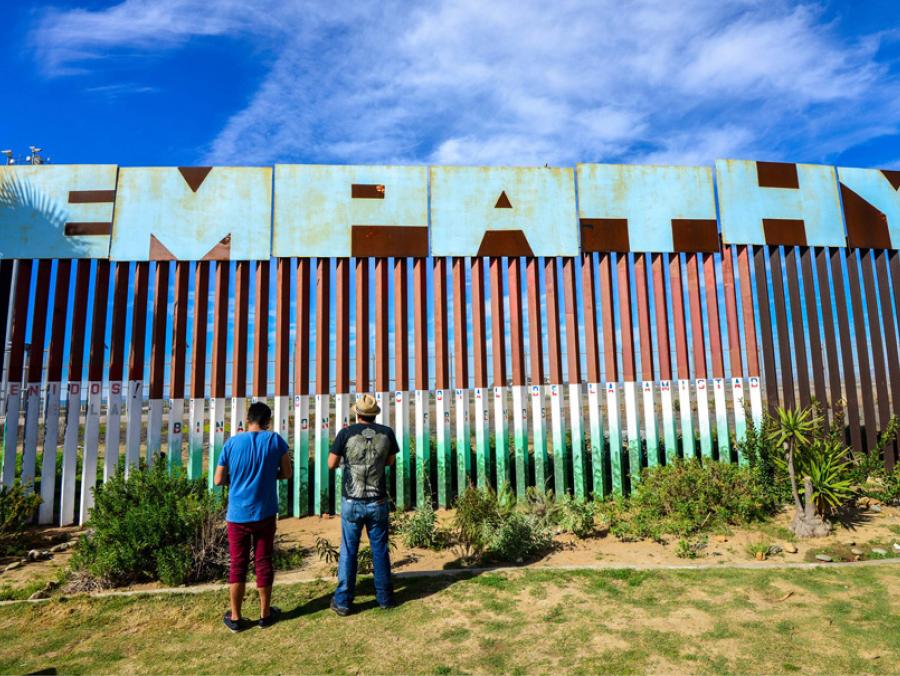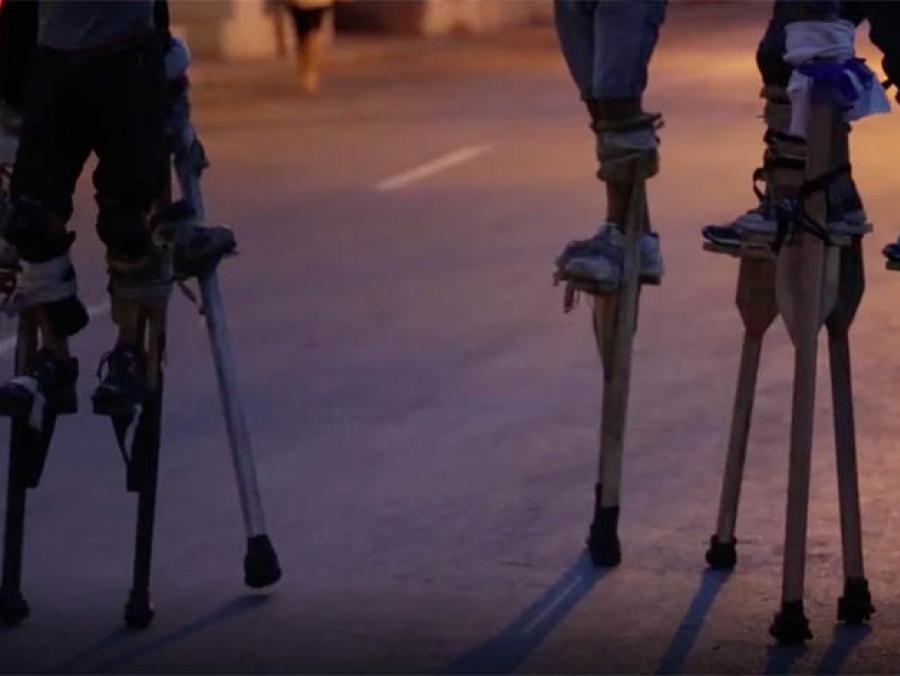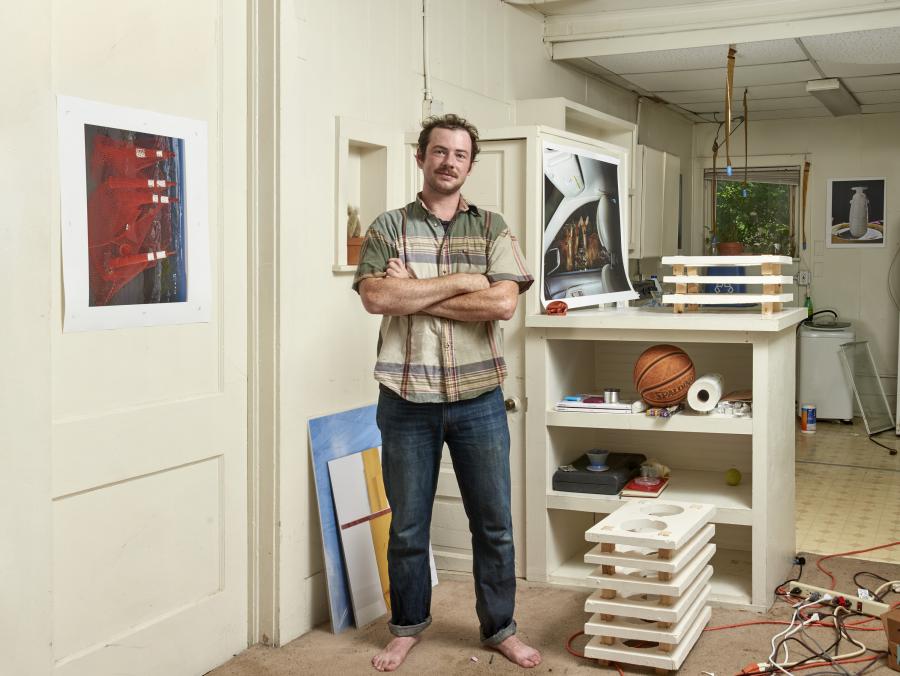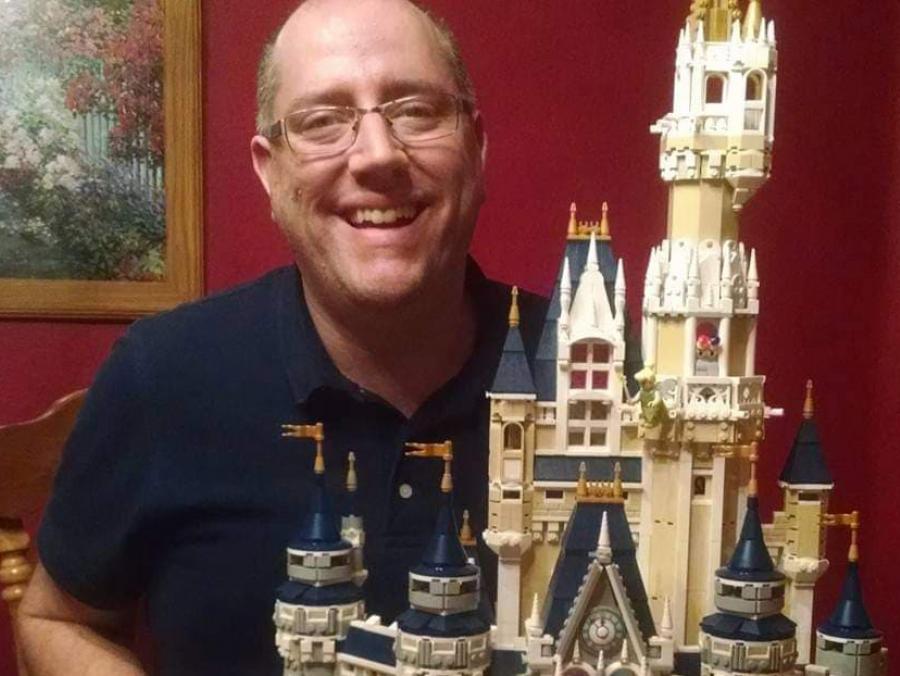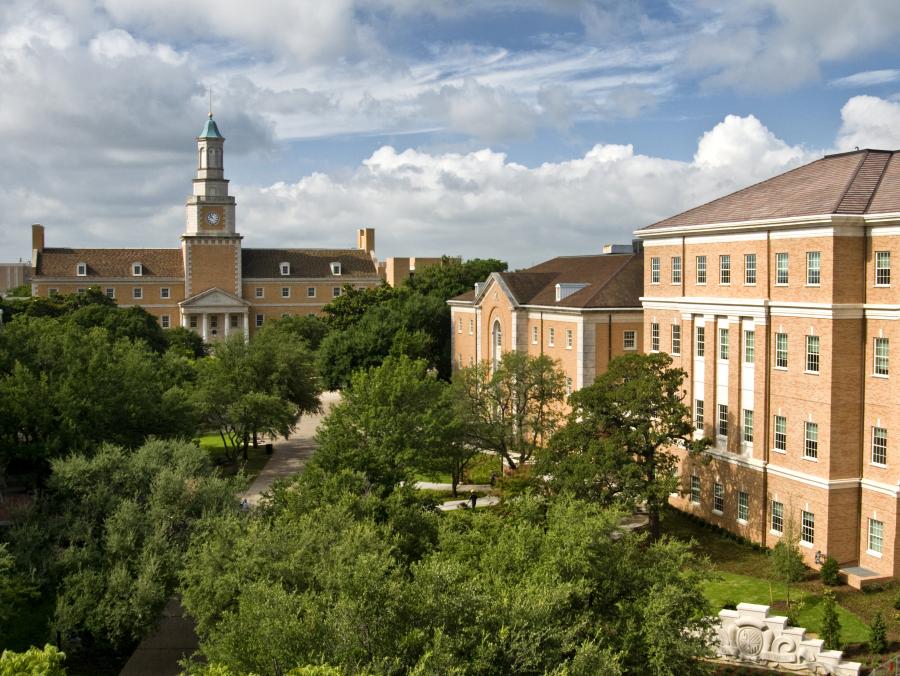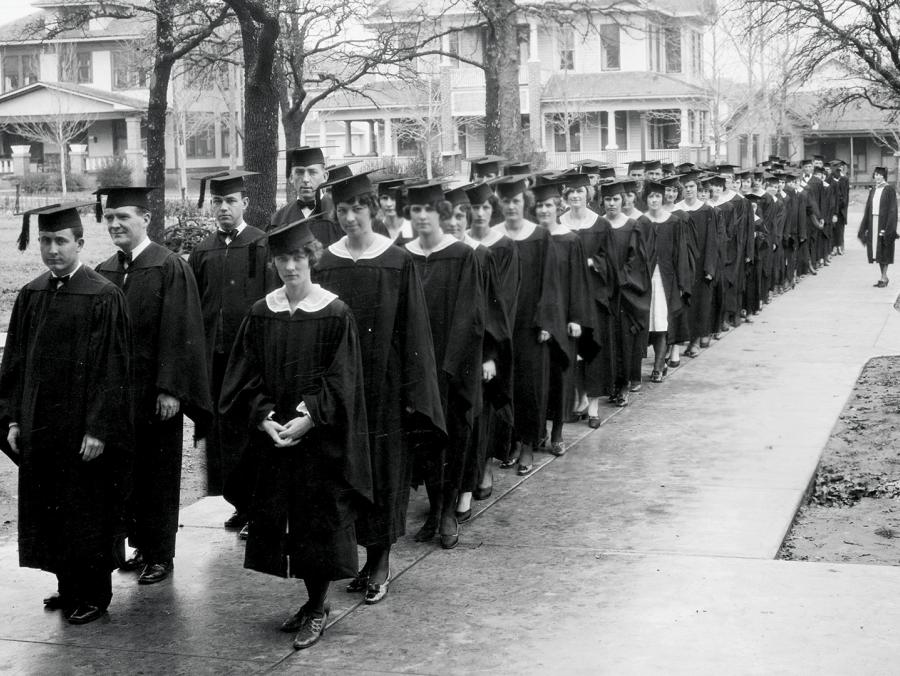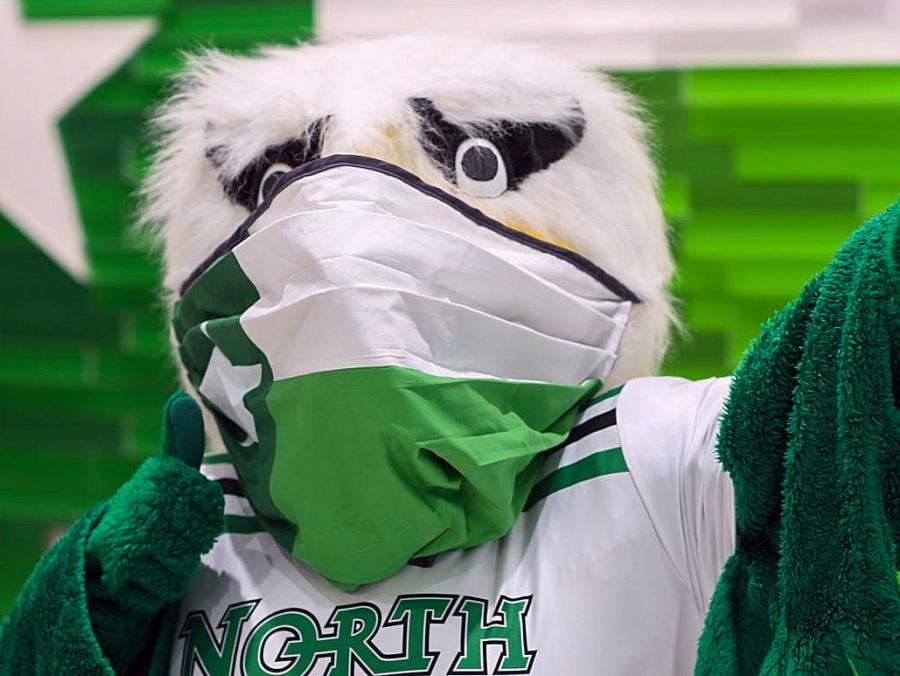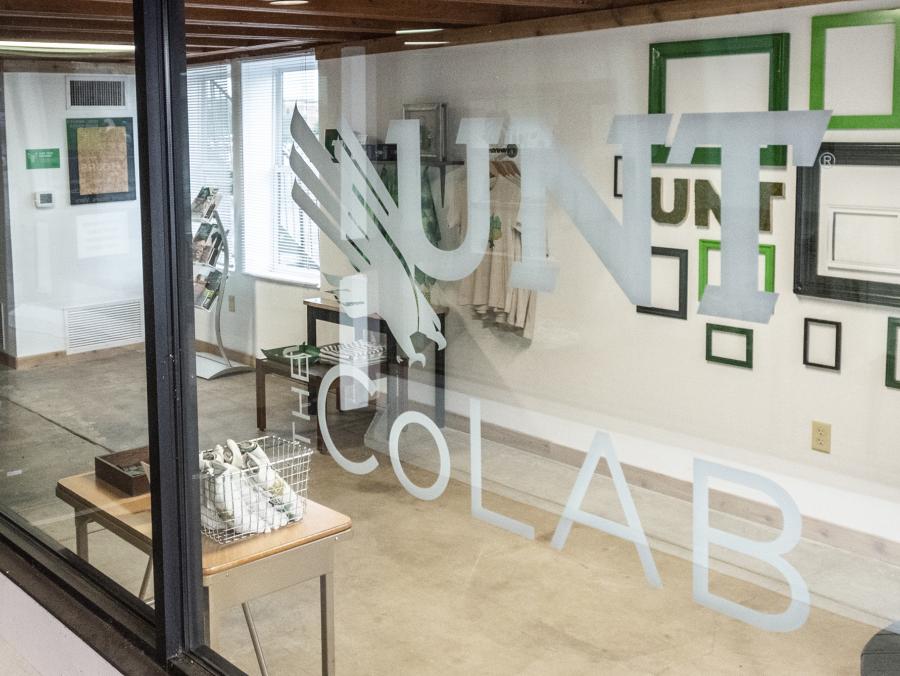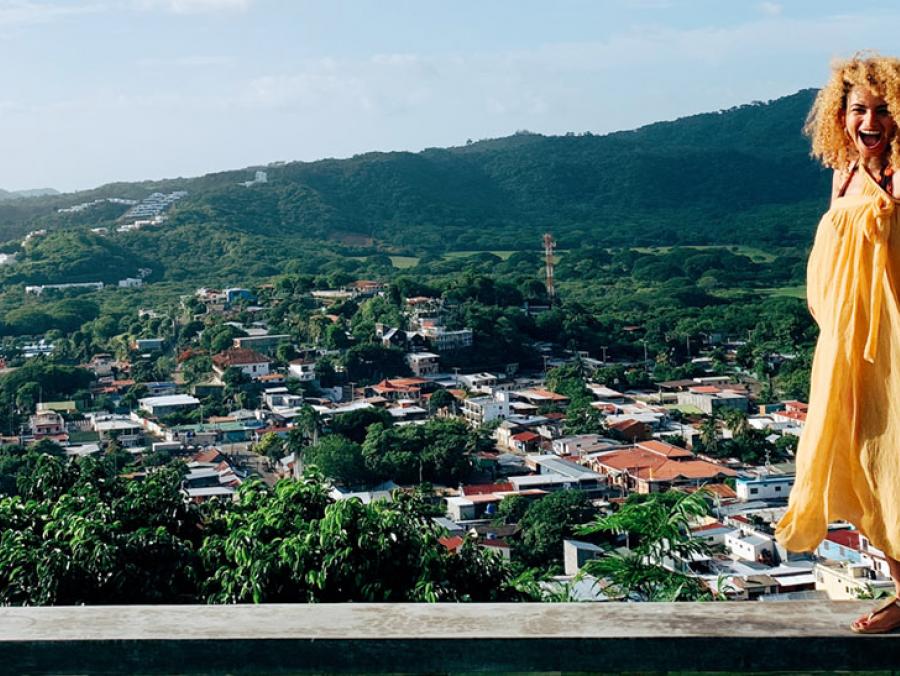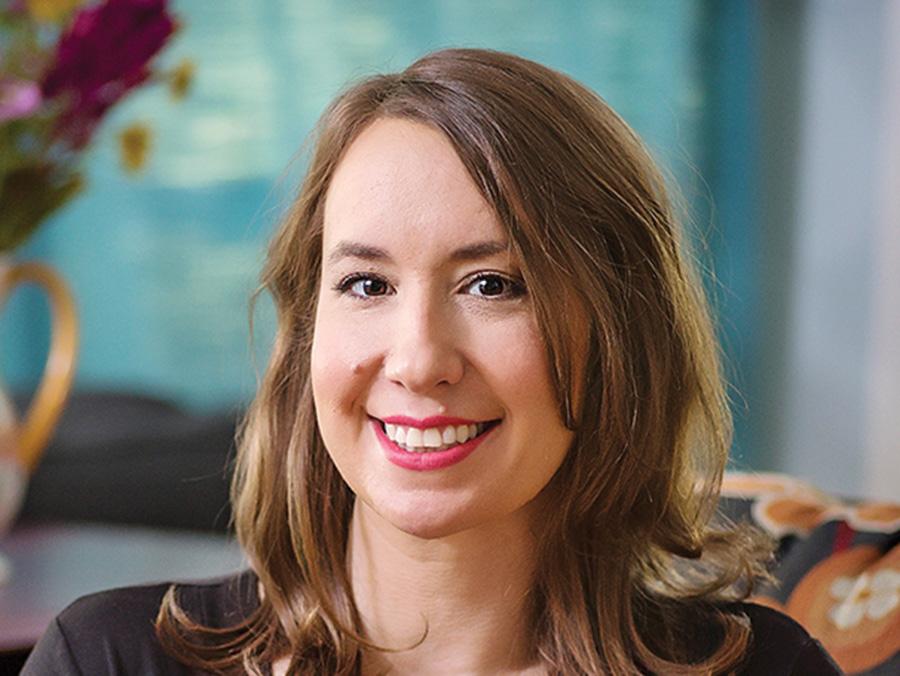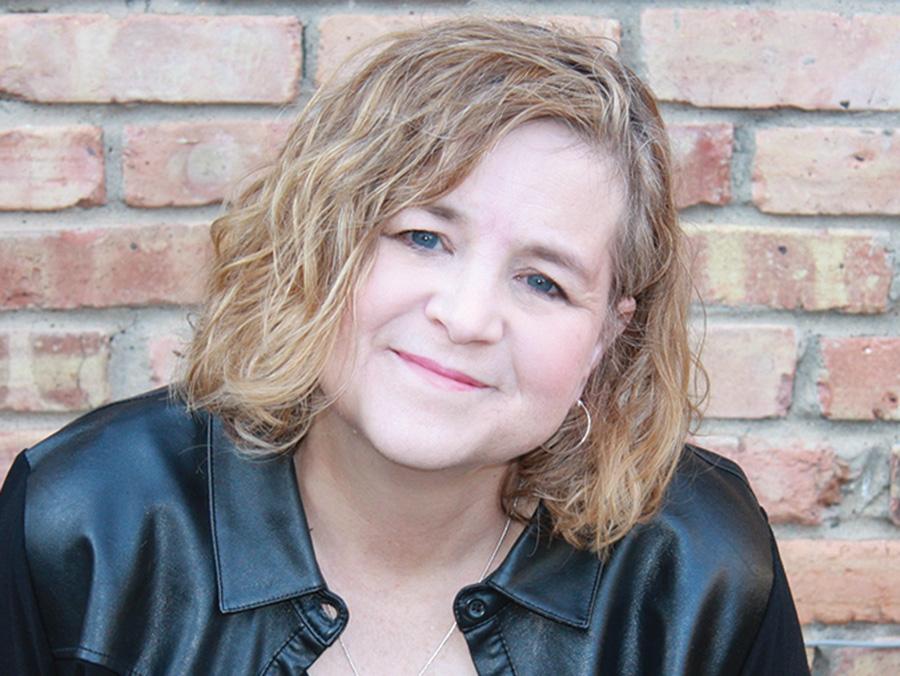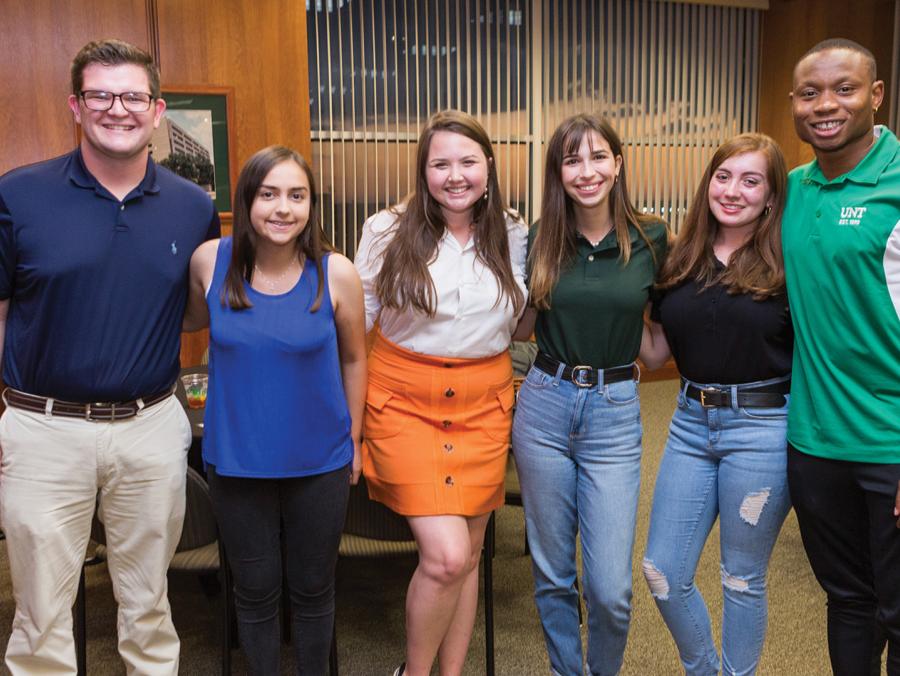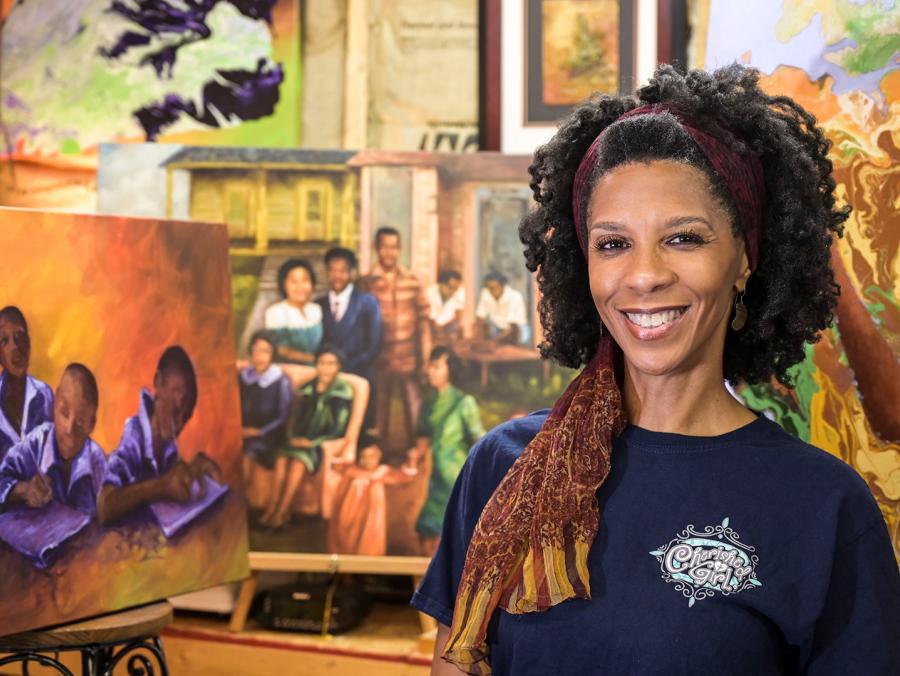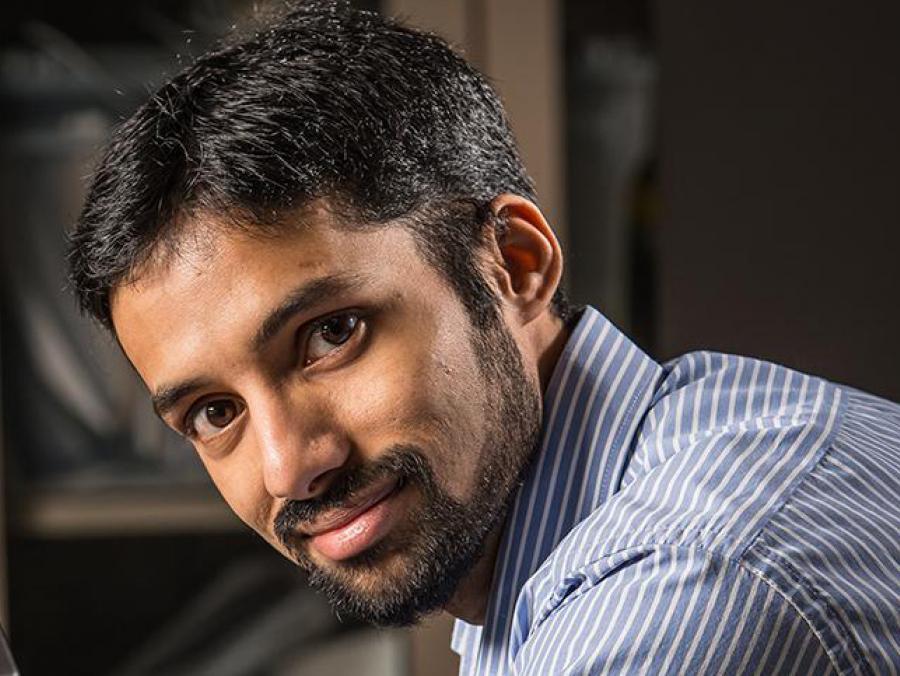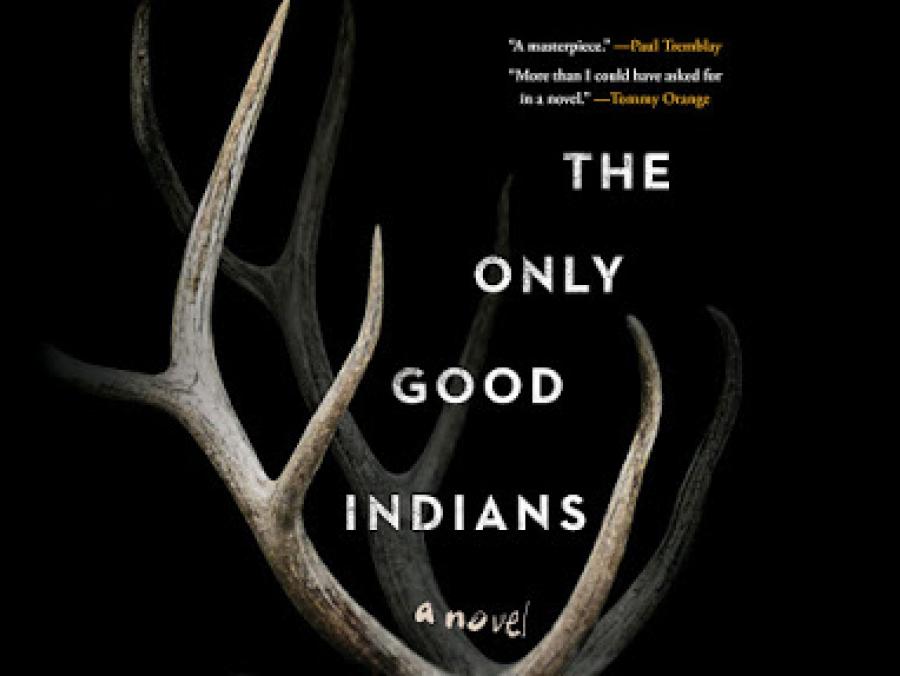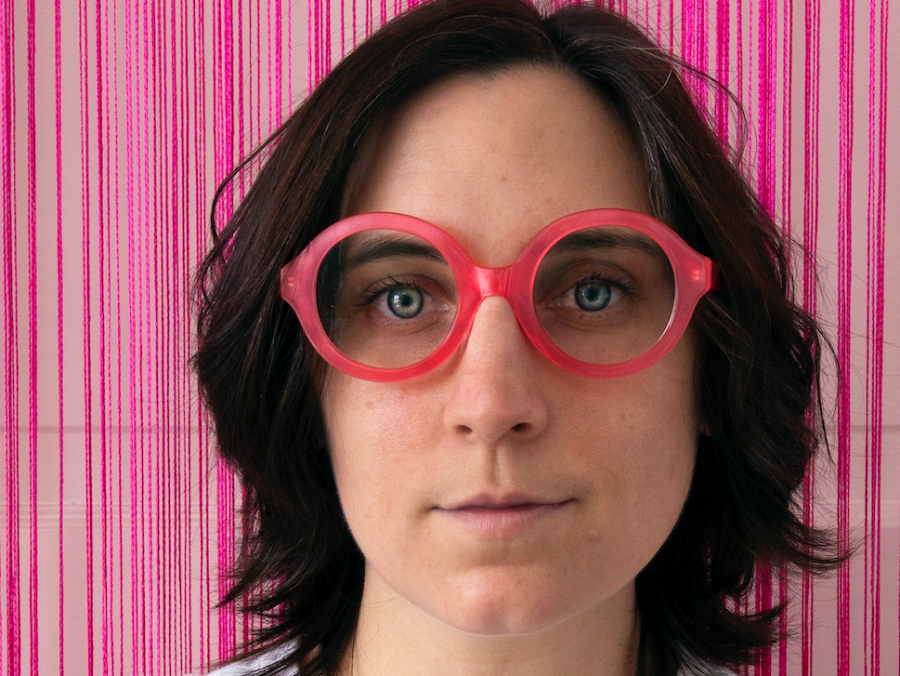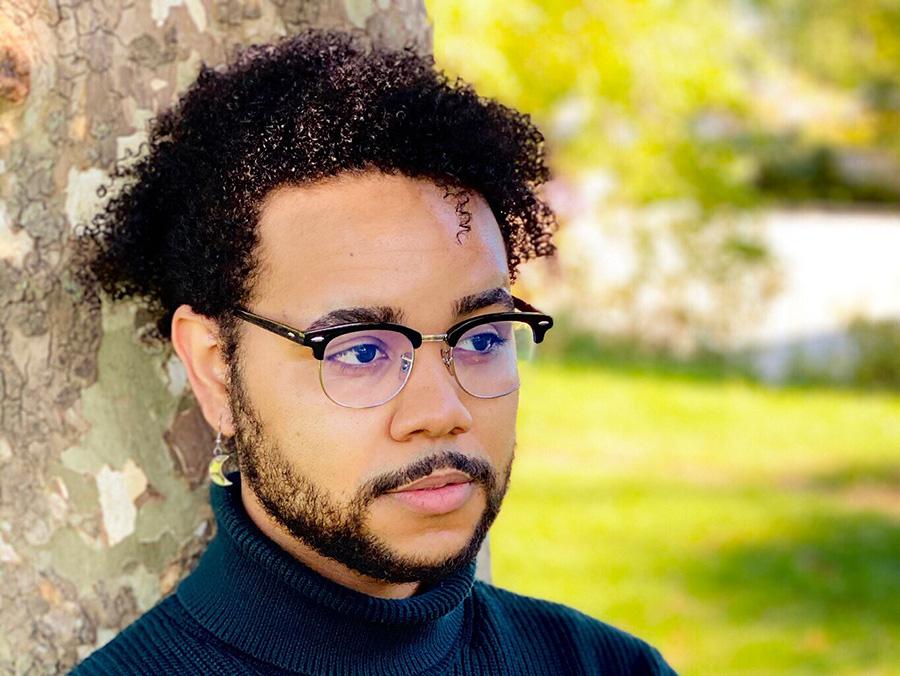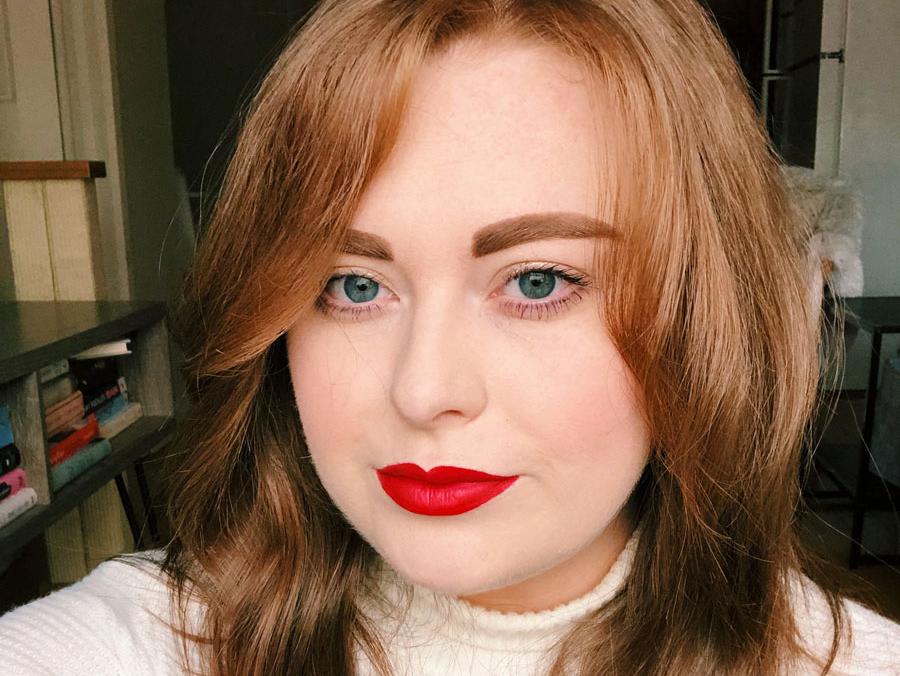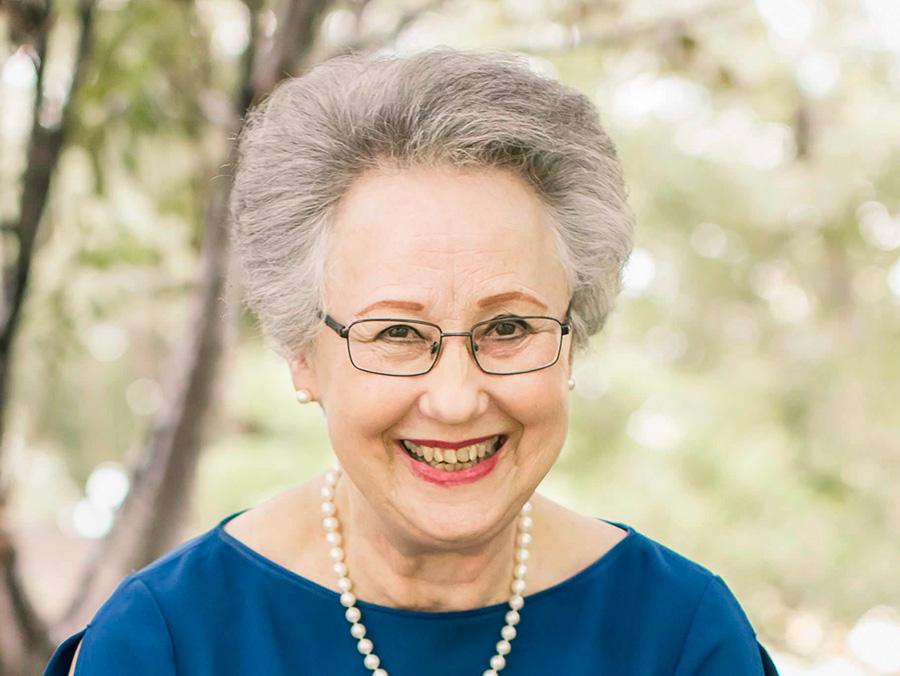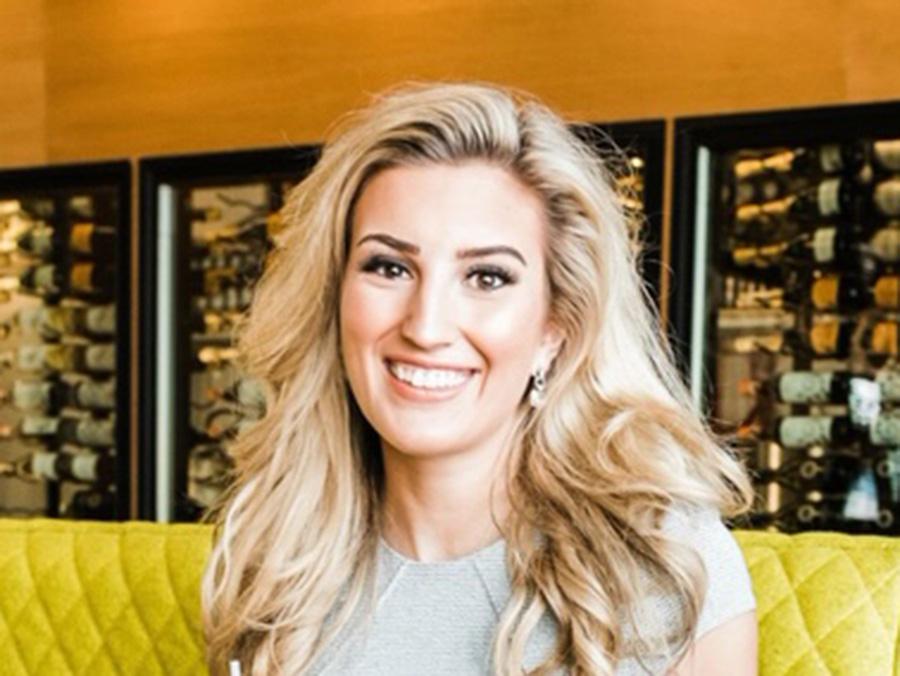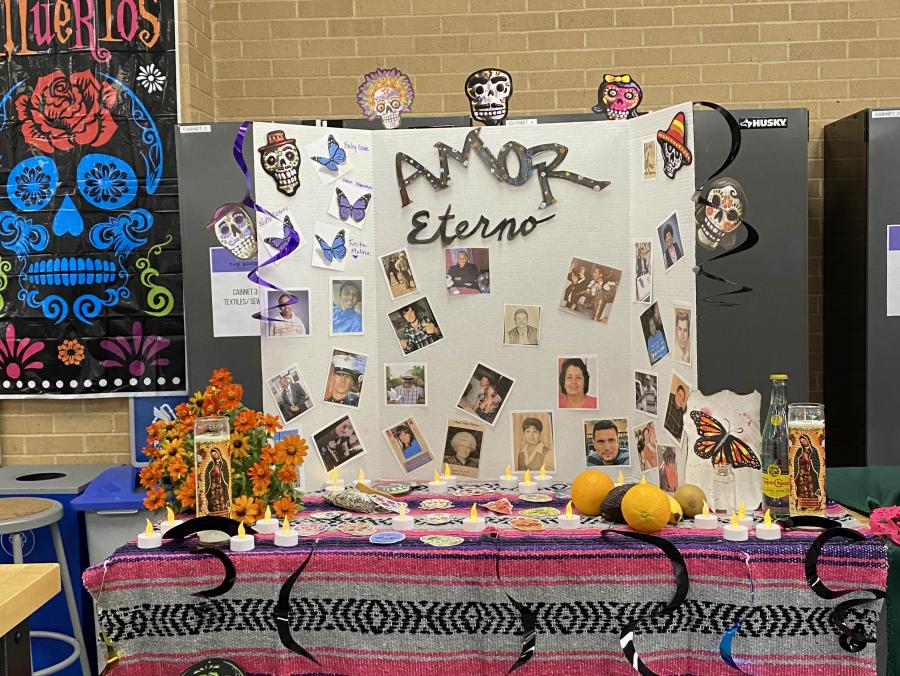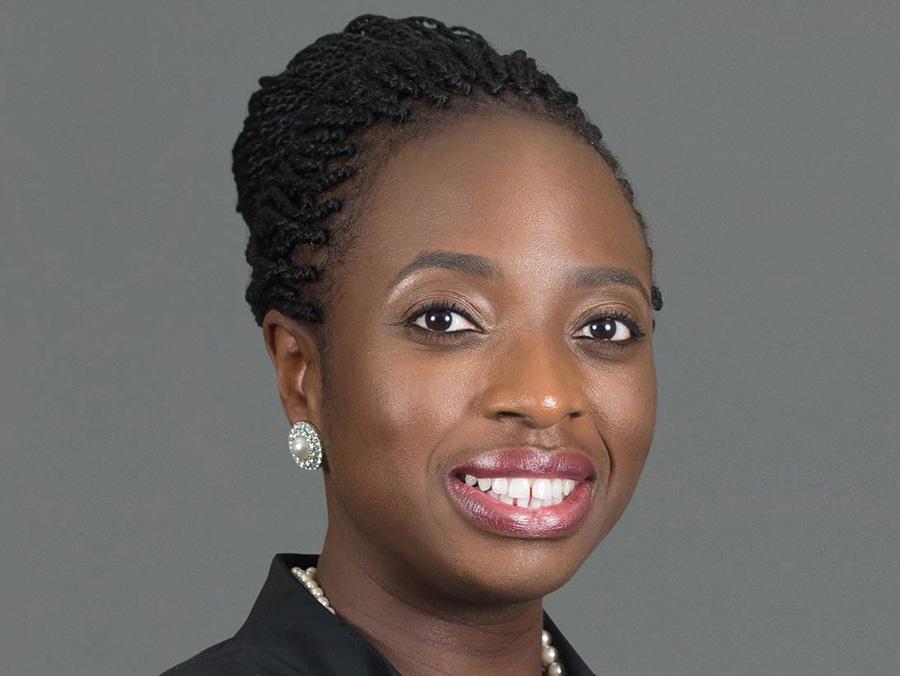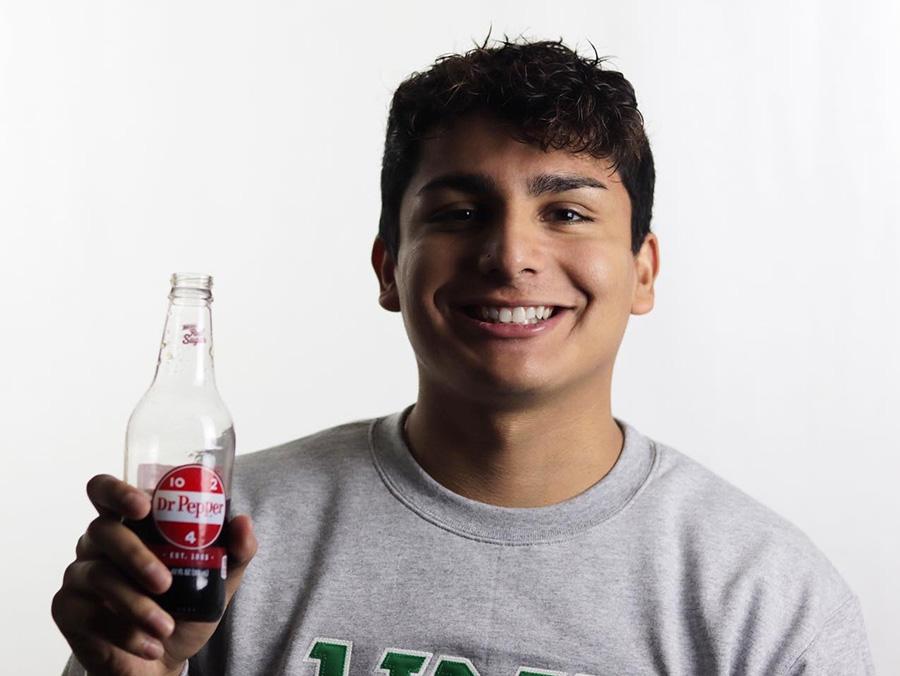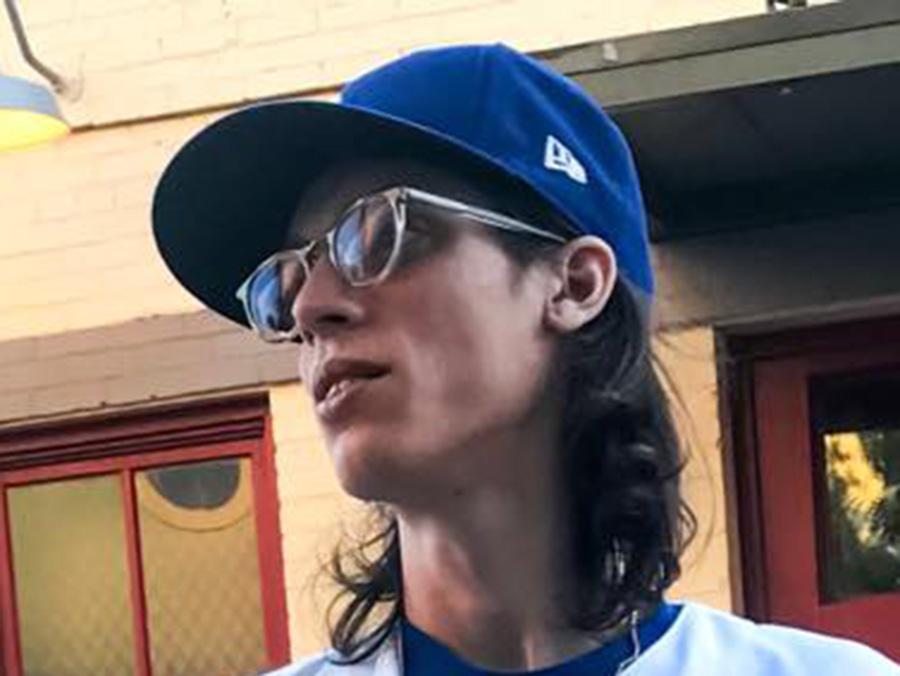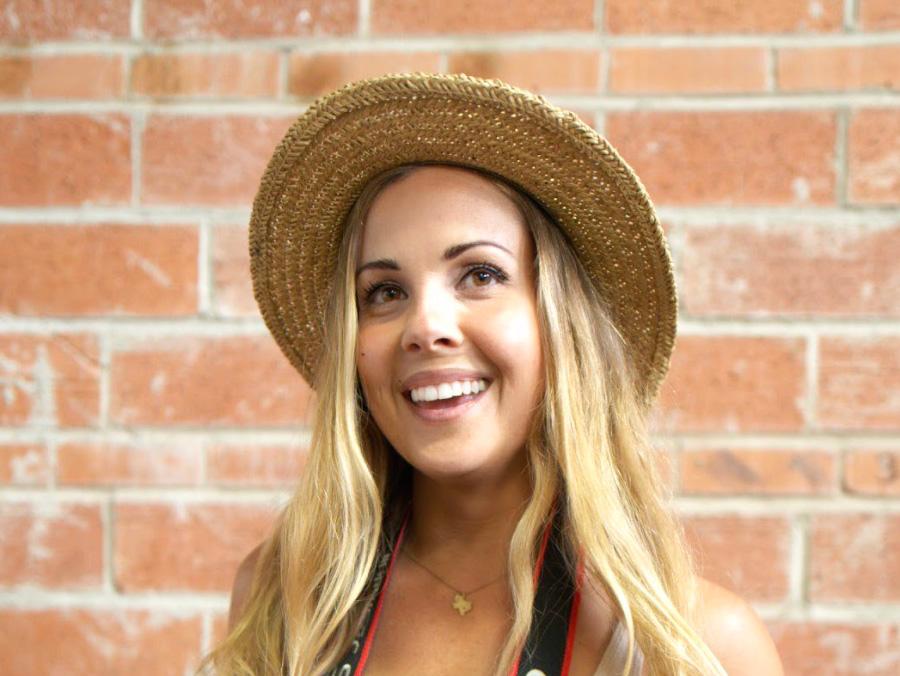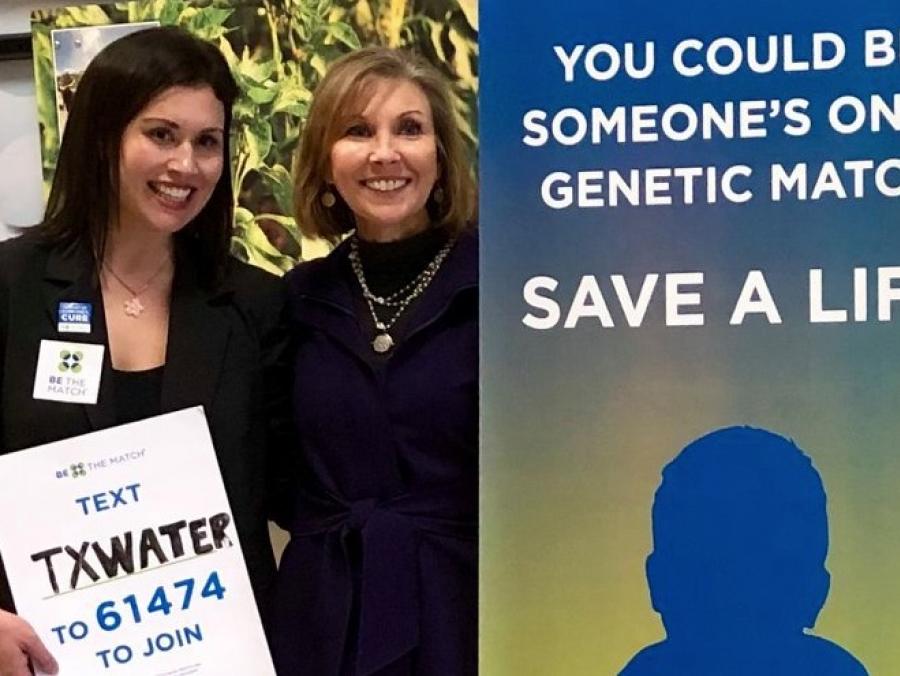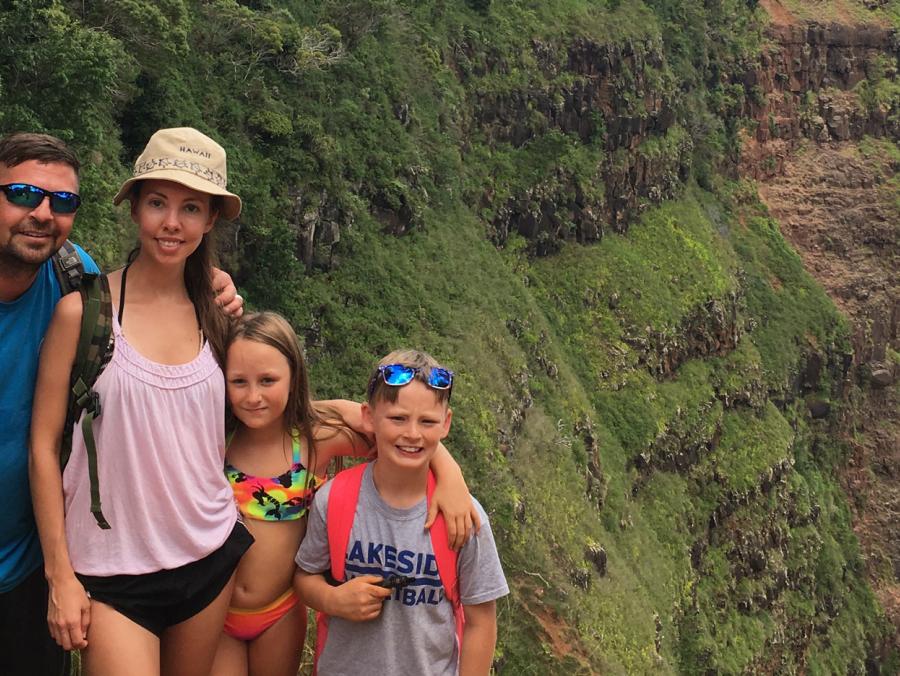Back in the late 2000s, Christina Finch (’10 M.S.) took a job in CNN’s souvenir shop. The Atlanta native had recently graduated with a bachelor’s in communication from the University of West Georgia, and like many young degree holders, found herself in search of a true calling. She never expected the calling to find her, but that’s exactly what it did, strolling into the store one day in the unassuming form of a CNN librarian. Finch was intrigued -- she’d always pictured the job solely in terms of public libraries, and wondered what, exactly, a librarian’s role was at a cable news network. So she asked. “She ended up letting me shadow her, and I liked what they were doing in terms of research,” Finch says.
“I asked her, ‘What do you have to do to become a librarian?’ And she said, ‘Why don’t you go home and research it?’”
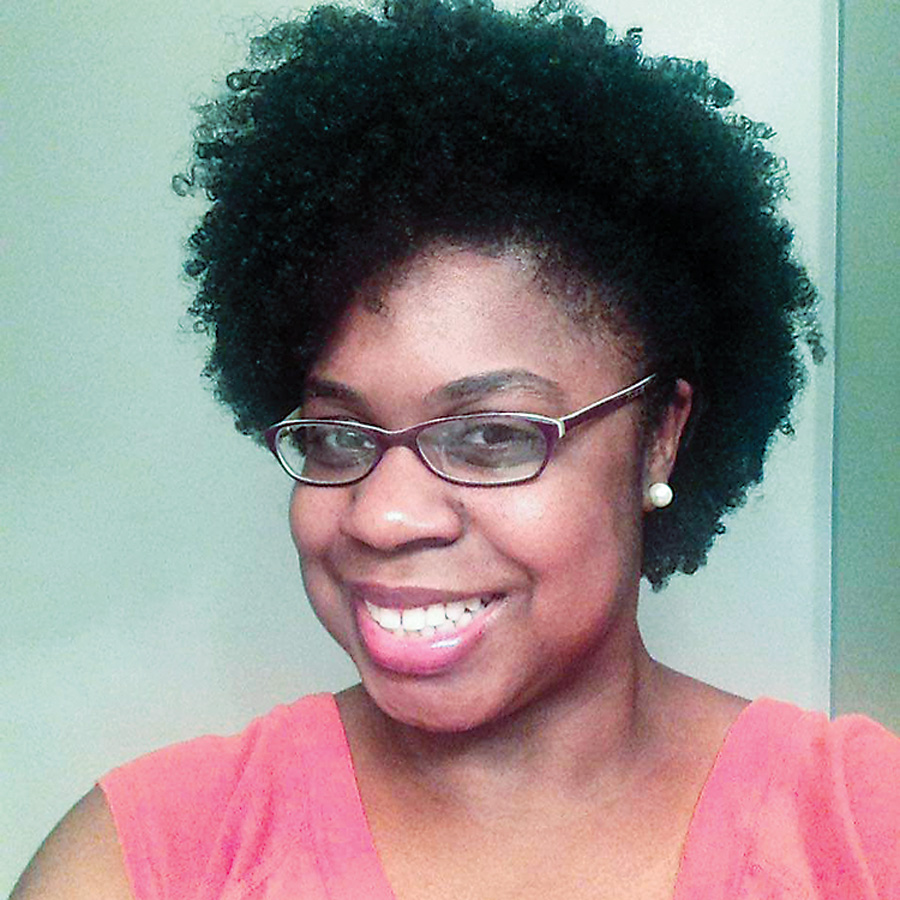
At the time, there were no library programs in Georgia, but UNT offered a library science master’s cohort that came to Emory University once a semester. Just two weeks before the program was set to start in spring 2008, Finch reached out to the late Yvonne Chandler, associate professor in UNT’s Department of Information Science, who guided her in gathering and submitting her application materials and figuring out what track she wanted to follow. Finch landed on digital content management.
“A common misperception is that librarians can only be on one career path,” Finch says. “But librarians are becoming increasingly essential in filtering, not just finding, all the information that’s out there -- looking for the authoritative pieces that are key and balanced to a person’s needs.”
While still a student in UNT’s library science program, Finch served as a research fellow at both CNN and the Georgia Coalition Against Domestic Violence, where she fell in love with locating information on deadline. Her five-year plan, she says, was to work at the Library of Congress in Washington, D.C. She met her goal a full four-and-a-half-years early, landing the job of Congressional Research Librarian in April 2011.
In her role, Finch responds to confidential legislative requests received from members of Congress and congressional staff concerning historical records and background information that addresses operations within the U.S. Postal Service and congressional committees. She also facilitates classroom lectures and one-on-one meetings concerning how to research federal legislation using authoritative sources for members of Congress, elected officials, fellows, graduates and international dignitaries.
“You definitely have to have a lot of different skillsets when it comes to research and negotiating timelines,” says Finch, who also served as president of the District of Columbia Library Association in 2014, where she spearheaded diversity initiatives, including a day of service on Martin Luther King Jr. Day in which librarians helped schools in need. “You have to do exactly what they taught us at UNT -- do what you have to do to find exactly what they want in their desired timeframe. It’s definitely interesting.”
Just a little over a decade after finding her calling, Finch is fully at home in the nation’s top library. But it’s far from dumb luck that got her there, she says. She latched onto opportunities that presented themselves along the way -- and like any good librarian, always did her research.
“When I speak to people who are thinking about pursuing a library science degree, I tell them that I looked at all the library job postings before I started the program to see what each job looked for in a candidate -- and then catered the classes I took at UNT to the job I wanted,” Finch says. “I reached out to people in Human Resources to find out what they looked for in potential candidates. Do your research beforehand, and then cater your path to what you want to do.”



